Introduction
This reading list is a thoughtfully assembled guide that sheds light on the American experience, particularly in connection to the rise of a distinct strain of American fascism. It traces a path from the nation’s founding and its core principles to an examination of economic systems and the narratives that define our collective identity. These works collectively arm readers with the insight needed to forge a genuinely American movement. By delving into these texts, one will discover not only the origins of our political terrain but also the dynamic energy that captures American uniqueness. A small selection of the books steps beyond the American framework; this is deliberate, as they offer vital inspiration to anchor and inform the rest of the collection. They bring universal perspectives that are critical for fully grasping and building our own movement.
Reading List on American Fascism
Benito Mussolini — The Doctrine of Fascism
The Doctrine of Fascism, is a significant essay credited to Benito Mussolini but authored by Giovanni Gentile. First published in the 1932 Enciclopedia Italiana, it serves as the introductory section of a comprehensive entry on Fascism. The essay outlines Fascism as a political movement led by Mussolini and is divided into sections discussing fundamental ideas and political doctrine. Gentile argues for a departure from 19th-century ideologies like communism and liberalism, positing that the 20th century should prioritize authority and the collective identity of the State over individualism. This work has had a lasting impact on the universal understanding of fascist ideology.
Mario Palmieri — The Philosophy of Fascism
Much has been written about Fascism and its origins, both in Italy and internationally, resulting in a vast bibliography on the subject. However, despite this extensive literature, few people, particularly outside Italy, have grasped its true essence, and the underlying spiritual forces that shaped it are often misinterpreted. Palmieri's work, The Philosophy of Fascism, addresses this gap by exploring the spiritual dimensions of fascism, making it a valuable contribution in a time when there is a growing desire to understand fascism in its authentic form.
Lawrence Dennis — The Coming American Fascism
In The Coming American Fascism, Lawrence Dennis presents a compelling analysis of the economic turmoil that characterized the Great Depression, asserting that traditional economic principles had become obsolete. As a prominent 20th-century political thinker, Dennis identifies overproduction and underconsumption as the core issues driving the crisis, worsened by a collapse in credit expansion that began during World War I and continued throughout the 1920’s. He foresaw that the United States would eventually turn to Fascist economic policies as a means to achieve near-full employment, a prediction that has proven accurate over time. Critiquing the conservative reaction to the economic collapse, Dennis highlights the hypocrisy of those who denounce planned economies while reaping the benefits of government subsidies and protections. He calls for a new planned economic program to effectively manage credit expansion, emphasizing that consumers cannot indefinitely bear the burden of interest payments.
Lawrence Dennis — The Dynamics of War and Revolution
In The Dynamics of War and Revolution, Lawrence Dennis offers a profound analysis of the political and economic forces that precipitated the Second World War. First published in 1940, this work delves into Dennis's theories on Dynamism and the global decline of capitalism, arguing that the impending conflict will exacerbate these trends. Through a critical examination of the factors leading to war, Dennis illuminates the intricate relationships between economic instability and political upheaval, providing a thought-provoking perspective on the transformative impact of global conflict.
William Dudley Pelley — No More Hunger
In No More Hunger, William Dudley Pelley addresses the economic and financial failures inherent in capitalism, a critique shaped by the challenges of the Great Depression and later revised in 1961. This thought-provoking work examines the structural issues that sustain inequality and proposes the concept of a Christian Commonwealth aimed at harnessing the nation’s full productive capabilities while safeguarding American citizens. Even after Pelley's death in 1965, his arguments continue to resonate, urging a necessary reevaluation of the private banking system and its influence on social stability. The book serves as a guide for pursuing economic and social justice, emphasizing that meaningful progress cannot be achieved without confronting the very systems that contribute to societal disparities.
Ezra Pound — The Economic Writings of Ezra Pound
Despite attempts to diminish his legacy, Ezra Pound remains one of America's foremost literary figures, often regarded as its greatest poet alongside Mark Twain and Herman Melville. Renowned for defining the modernist poetry movement, Pound also played a pivotal role in mentoring significant 20th-century writers, including T. S. Eliot and Ernest Hemingway. However, his pro-Fascist radio broadcasts during World War II led to his arrest for treason, and instead of facing trial, he was confined to St. Elizabeth's Hospital for mental illness to suppress the dissemination of his controversial ideas. Pound's fascination with Fascism was primarily rooted in his critique of capitalism and his belief that the Italian Fascist model could better serve society by subduing the influence of money, viewing it as a necessary corrective to the unchecked power of bankers.
Ezra Pound — Jefferson and/or Mussolini
In Jefferson and/or Mussolini, Ezra Pound draws a comparison between Benito Mussolini, the Fascist leader of Italy, and Thomas Jefferson, the third President of the United States. Written shortly after Pound's meeting with Mussolini on January 30, 1933, while he was residing in Rapallo, Italy, the book primarily serves as a defense of Mussolini, arguing that the fundamental similarities between the two figures outweigh their differences, and that Jeffersonian Democratic Republicanism represents an extension of the Greco-Roman legacy that Mussolini represented.
Gilbert Chinard — Thomas Jefferson: The Apostle of Americanism
Thomas Jefferson: Apostle of Americanism, by Gilbert Chinard and published in 1929, serves as a significant biographical exploration of Thomas Jefferson. The work portrays Jefferson not merely as a founding father, but as a political visionary whose concepts remain influential in shaping contemporary American identity and values. A key focus of the book is Jefferson's advocacy for individual liberty and democratic principles. Chinard analyzes Jefferson's pivotal role in crafting the Declaration of Independence, emphasizing his commitment to the philosophy of natural rights.
Alain De Benoist — The Problem of Democracy
In his work, Benoist argues that democracy has been an integral part of civilization since its inception, countering critiques that dismiss its significance. He contends that the issue lies not with democracy itself, but with the contemporary interpretation that diminishes individual agency, reducing people to mere components of a political machine controlled by unaccountable politicians. To address this, Benoist advocates for a revitalized understanding of citizenship, one that emphasizes belonging to a specific political community defined by shared values and historical connections, rather than the liberal concept of delegating sovereignty to elected officials. He calls for a governance model reminiscent of those in Antiquity, which may now appear revolutionary in today's context.
Willis A. Carto — Populism vs. Plutocracy: The Universal Struggle
This work presents a comprehensive exploration of American populism through the lens of its key historical figures, forming a complete narrative of the movement. It delves into the political philosophy underpinning populism by providing brief profiles of some of its most notable champions. This distinctive work illustrates that populism transcends the superficial label often misapplied by demagogues seeking to enhance their tarnished reputations. While many contemporary politicians may claim to represent populist ideals, this volume reveals that few within the established political landscape truly grasp the essence of this philosophy. In an era where communism has been rightfully deemed a failure, populism emerges as the primary safeguard against the threats of economic and political oppression on a global scale.
Lothrop Stoddard — Re-Forging America: The Story of Our Nationhood
Written shortly after the enactment of the 1924 Immigration Act, this influential work by one of America's leading racial theorists provides a thorough examination of the racial dynamics that influenced key events such as the American Revolution, the Civil War, and the significant waves of immigration in the late 19th century. Stoddard expresses satisfaction that the 1924 legislation effectively curtailed further mass immigration and dedicates the remainder of his analysis to addressing what he terms the "racial dilemmas" confronting the nation. He discusses concerns regarding illegal immigration from Mexico, the increasing African American population, and the challenges posed by immigrants from Europe who he believed could not assimilate. While the 1924 act was overturned in the 1960s, this book offers insights on race and the consequences of mass immigration that remain relevant today.
Lothrop Stoddard — The Revolt Against Cǐvilization: The Menace of The Under-man
Stoddard examines the relationship between egalitarian revolutionary movements, particularly the French and Bolshevik Revolutions, and the concept of human biodiversity. He posits that as civilization progresses, it imposes increasing intellectual and moral demands on less capable segments of society, leading to frustration and feelings of inadequacy among these individuals, who grow in number due to differing birth rates. This pressure may eventually incite revolts against civilization. Stoddard analyzes the decline of cognitive and moral resources linked to low birth rates among the educated elite and high fertility among lower socioeconomic classes, as well as the role of 'tainted geniuses' in fostering discontent during major uprisings. He warns of the dysgenic risks facing the United States and stresses that societal improvement requires proactive policies aimed at reversing negative trends, supported by a growing eugenic awareness. Instead of advocating for a strict caste system or aristocracy, he proposes the development of a neo-aristocracy based on merit and eugenics.
In this thought-provoking work, Madison Grant, a lawyer and biologist, delves into the role of race in shaping historical understanding, focusing on the physical and psychological traits of individuals rather than their political or linguistic backgrounds. He contends that conventional historians often conflate race with national or tribal identities, whereas modern anthropology demonstrates that racial categories operate independently and frequently overlap with social stratifications. Grant examines the persistent influence of physical characteristics and psychological tendencies, underscoring their effects on democratic and socialist theories, which often neglect the importance of heredity. He also critiques the concept of equality as presented in the Declaration of Independence, arguing that the original meanings have been distorted over time. By encouraging readers to rethink their assumptions about race, this work asserts that race is a crucial element in understanding modern society and should be central to historical inquiry.
This is a provocative eugenicist work authored by Madison Grant. Grant meticulously examines the historical settlement of the American continent, tracing the migrations of various tribes and racial groups over the centuries. Grant delves into the complex interplay of demographics, culture, and environment, analyzing how these factors have shaped the population landscape of America. He argues that the expansion of different races and ethnicities has significantly influenced the development of American society, raising critical questions about identity, assimilation, and the future of the nation. Through a lens of eugenics, Grant presents his views on racial hierarchy and the implications of immigration.
Theodore Roosevelt — The Winning of The West
The Winning of the West, by Theodore Roosevelt, is an extensive series that details the history of the American frontier and the nation's westward expansion during the 18th and 19th centuries. Composed between 1889 and 1896, this collection reveals Roosevelt's profound respect for the pioneering spirit, American exceptionalism, and the resilience that defined the American journey. By intertwining historical facts with personal stories and rich imagery, Roosevelt delves into the obstacles encountered by settlers, the tensions with Native Americans, and the broader implications of this expansion on the identity of the United States. This work not only provides a valuable historical perspectives but also underscores Roosevelt's conviction regarding the significance of the American character shaped by its wilderness.
Francis Parker Yockey — Imperium: The Philosophy of History and Politics
In his influential work Imperium, Francis Parker Yockey presents a compelling vision for a pan-European empire grounded in the principles of 'absolute politics.' Inspired by Oswald Spengler’s Decline of The West, this masterpiece is divided into five sections that explore History, Politics, 'Cultural Vitalism,' America, and the Global Situation of the 20th century. Yockey articulates the essential foundations of the Western soul and underscores the urgent mission facing his generation: to confront the pervasive terror of silence and to fight for the survival of Western civilization. He asserts that the sacred soil of Europe, steeped in a millennium of bloodshed, must be reclaimed from those who distort its culture. Imperium stands as a powerful call to action, inspiring readers to believe in a hopeful future and to confront the challenges ahead with unwavering resolve.
Francis Parker Yockey — The World In Flames: The Shorter Writings of Francis Parker Yockey
The World in Flames is a comprehensive collection that gathers the surviving essays and correspondence of Francis Parker Yockey, one of the 20th century's most controversial thinkers. This collection spans thirty-one chapters, featuring early works like The Philosophy of Constitutional Law, his 1949 manifesto The Proclamation of London, and his ghostwritten speech for Senator McCarthy, "America's Two Ways of Waging War." It also includes his poignant suicide note and final writings, such as A Warning to America and The World in Flames, which provide an apocalyptic view of the geopolitical landscape during the Cold War. With additional materials co-authored with H. Keith Thompson and Frederick Weiss, as well as fragments from FBI files, this book is essential for anyone seeking to understand the mind of Yockey.
Patrick J. Buchanan — The Death of The West: How Dying Populations and Immigrant Invasions Imperil Our Country and Civilization
The Death of The West highlights the alarming decline of birth rates in Europe and the U.S., juxtaposed with rapid population growth in Africa, Asia, and Latin America, which threatens to reshape global power dynamics through unchecked immigration that polarizes Western societies. This provocative study examines the fading of Western civilization, culture, and moral order, raising unsettling questions about the future of American democracy and the possibility that the America we once knew may be lost forever.
Patrick J. Buchanan — Churchill, Hitler, and "The Unnecessary War": How Britain Lost Its Empire and the West Lost the World
In "Churchill, Hitler, and the Unnecessary War," Patrick Buchanan argues that the catastrophic events of the two world wars and the Holocaust could have been avoided if not for critical mistakes made by British leaders, particularly Winston Churchill. He identifies several key errors, including a covert decision in 1906 to go to war against Germany if it invaded France, the punitive Treaty of Versailles that fostered resentment in Germany and enabled Hitler's rise, and the severance of the Anglo-Japanese alliance, which alienated Japan and led to its militarism. Buchanan also highlights the ill-fated war guarantee to Poland in 1939 as a pivotal blunder that ensured the outbreak of World War II. The book promises to provoke debate by examining these historical misjudgments and their far-reaching consequences for Europe and the world.
Paul Gottfried — Antifascism: The Course of a Crusade
Paul Gottfried analyzes the development of anti-fascism from its roots in early 20th-century Europe to its modern manifestations in America, highlighting a significant political shift marked by the rise of an intersectional left that has largely replaced the traditional Marxist left. He explores how this new left has transformed political and ideological conflicts, the evolution of antifascist ideology since the 1960s, and the tension between nationalism and globalism. Additionally, Gottfried critiques the antifascist position of the American conservative establishment and the influence of Antifa in contemporary politics. He concludes that the current focus on the threat of fascism primarily serves the interests of the elite — those in political, media, and educational roles — who aim to suppress dissent.
Wolfgang Schivelbusch — Three New Deals: Reflections on Roosevelt's America, Mussolini's Italy, and Hitler's Germany, 1933-1939
Wolfgang Schivelbusch examines the surprising similarities between Franklin Delano Roosevelt's New Deal and the totalitarian regimes of Hitler and Mussolini, arguing that these "new deals" were not initially viewed as oppositional during the 1930s. He traces the emergence of a new type of state during the Great Depression characterized by mass propaganda, charismatic leadership, and a projection of stability and power. Schivelbusch highlights commonalities such as large public works programs, the influential use of media like Roosevelt's fireside chats and Mussolini's radio broadcasts, the trend of monumental architecture, and the pervasive use of state banners to rally citizen loyalty. He emphasizes that while he does not equate the leaders or downplay their differences, the populist and paternalistic elements shared by their regimes help explain the initial support for Europe's most oppressive systems.
Fr. Charles Coughlin — Father Coughlin's Radio Discourses 1931-1932
Fr. Charles Coughlin was a Roman Catholic priest and one of the pioneers in using radio to connect with a mass audience. Initially a vocal supporter of Franklin D. Roosevelt and the New Deal, Coughlin's views shifted dramatically as he began to incorporate anti-Semitic rhetoric into his broadcasts and express support for the Fascist policies associated with Adolf Hitler and Benito Mussolini. Throughout the early 1930s, he vehemently criticized communism and American capitalists, whom he blamed for fostering an environment conducive to the rise of Jewish International finance.
Henry Ford — The International Jew: The World's Foremost Problem
The International Jew is a four-volume series of booklets published in the early 1920s by Henry Ford through his newspaper, the Dearborn Independent. It prominently features The Protocols of The Elders of Zion as its primary source, reflecting Ford's deeply controversial and anti-Semitic views.
John Maynard Keynes — The General Theory of Employment, Interest and Money
John Maynard Keynes's seminal work, The General Theory of Employment, Interest, and Money, published in 1936, revolutionized economic thought by challenging classical theories of employment and proposing that aggregate demand is the primary driver of economic activity and employment levels. Keynes contended that government intervention is essential during economic recessions to boost demand and promote recovery. His theories established the groundwork for contemporary macroeconomic thought and shaped economic policies across the globe. Interestingly, the German edition of his work indicated that Keynesian principles found significant expression within the Nazi economic framework. Additionally, his ideas played a crucial role in shaping President Franklin D. Roosevelt's New Deal.
John Maynard Keynes — The End of Laissez-Faire: The Economic Consequences of The Peace
In The End of Laissez-Faire, John Maynard Keynes offers a succinct historical analysis of laissez-faire economic policies. He argues that the government has a vital role in safeguarding individuals from the detrimental effects of capitalism, particularly regarding unemployment. This perspective proved remarkably insightful when the Great Depression emerged shortly after. Keynes gained significant recognition in the aftermath of World War I with his book, The Economic Consequences of The Peace. This work attracted attention for its critical assessment of key figures like French Premier Georges Clemenceau and U.S. President Woodrow Wilson, as he condemned the treaty signed by the Allies for its potentially disastrous impact on Europe, urging revisions. Regrettably, his warnings went largely unheeded, leading to the rise of Hitler and the onset of World War II, which confirmed his dire predictions. Significantly, Mussolini regarded The End of Laissez-Faire as an effective introduction to Fascist economics.
Samuel T. Francis — Leviathan and Its Enemies
Leviathan and Its Enemies is the posthumous magnum opus of Samuel T. Francis, exploring political theory and the evolution of the modern world, published for the first time after his untimely passing in 2005. Francis's belief, is that a new ruling elite emerged in the 20th century, shaped by the rise of large corporations, expanding government power, and the proliferation of mass organizations. This shift led to the replacement of the traditional bourgeois elite by a "managerial elite," intent on restructuring society to align with its interests and increasingly antagonistic toward any remnants of the old order.
Samuel T. Francis — Beautiful Losers
This is a piercing analysis of the 1992 presidential election, a contest that laid bare the profound divisions fracturing the Republican party. With George H.W. Bush’s loss to Bill Clinton, Francis contends that this defeat marked more than the end of the Reagan-Bush era — a twelve-year stretch of Republican dominance defined by tax cuts, deregulation, and a robust anti-communist stance. Beyond that, he argues, it signaled the broader collapse of American conservatism as a coherent and effective political force. Drawing on his incisive perspective as a paleo-conservative thinker, Francis explores how internal conflicts over ideology, strategy, and identity — pitting traditionalists against neo-conservatives and moderates — undermined the GOP’s unity and purpose. This book offers a provocative post-mortem of a movement’s unraveling, spotlighting the election as a turning point that reshaped the nation’s political landscape.
Mark Fisher — Capitalist Realism: Is There No Alternative?
In the late 2000s, Mark Fisher redefined "capitalist realism" to describe the pervasive belief that capitalism is the only viable political and economic system, rendering it nearly impossible to envision a coherent alternative. In his 2009 book, Capitalist Realism: Is There No Alternative?, Fisher argues that this ideology has shaped political and social life since the fall of the Soviet Union, influencing education, mental health, pop culture, and resistance methods. He posits that it has become easier to imagine the end of the world than to conceive an end to capitalism, which acts as an invisible barrier constraining thought and action. Drawing from the ideas of theorists like Louis Althusser, Fredric Jameson, and Slavoj Žižek, as well as Antonio Gramsci's concept of cultural hegemony, Fisher asserts that capitalists maintain their power not just through force, but by instilling a sense that the current system is the only reality. He notes that the 2008 financial crisis only reinforced this belief, leading to a mindset that prioritizes modifications within the existing capitalist framework over the exploration of alternative social structures.
In 1934, Louisiana populist Huey Long established the "Share Our Wealth" movement to address the widening gap between the rich and poor during the Great Depression. He published Share Our Wealth: A Manual For The Share Our Wealth Society, which provided guidelines for attracting members and forming local chapters, along with economic data and excerpts from his speeches and comments on capitalism from influential figures like Presidents Franklin Roosevelt, Pope Pius XI, and Plato.
Werner Sombart — The Jews and Modern Capitalism
Werner Sombart was a prominent German Marxist economist and sociologist, recognized as one of the key Continental European social scientists of the early 20th century. In his influential work, The Jews and Modern Capitalism, Sombart parallels Max Weber's exploration of the link between Protestantism and capitalism by examining the role of Jewish individuals in the historical development of capitalist practices. He contends that Jewish traders and manufacturers, marginalized from medieval guilds, developed a disdain for traditional commerce, which they viewed as primitive and stagnant. This exclusion led them to dismantle the existing system, paving the way for modern capitalism characterized by unrestricted competition and new economic frameworks.
Patrick J. Deneen — Why Liberalism Failed
In Why Liberalism Failed, Patrick Deneen provides a compelling critique of liberalism, highlighting the disconnection and loss of community felt by many in the West — issues often overlooked by liberal democracies. Esteemed figures like President Barack Obama and David Brooks have recognized the book's relevance, emphasizing its focus on fundamental values and social structures rather than mere policy debates. Deneen argues that liberalism, the last standing ideology of the twentieth century alongside fascism and communism, is rooted in contradictions: it promotes equal rights while contributing to significant material inequality, claims legitimacy through consent yet discourages civic engagement in favor of privatism, and seeks individual autonomy while fostering an expansive state apparatus. He warns that the challenges facing our political culture are not mere flaws but intrinsic characteristics of a system that, despite its successes, is ultimately leading to its own demise.
Michael Franzese — Mafia Democracy: How Our Republic Became a Mob Racket
In Mafia Democracy, former mob boss Michael Franzese uncovers the unsettling parallels between Mafia culture and American politics, suggesting that greed, lies, and corruption are not just the hallmarks of organized crime but also increasingly characterize our government. Drawing from his own experiences in one of New York's most notorious crime families and his eight years in prison, Franzese reveals how the values of democracy are eroding, overshadowed by self-interest and the pursuit of power. Through in-depth investigation and striking examples, he challenges readers to see politicians in a new light, hold them accountable, and reclaim the democratic ideals that once united the nation.
Lyndon Larouche — Why Credit Can Be Greatly Expanded Without Adding to Inflation
This work offers a clear and insightful explanation of Lyndon LaRouche's concept of a credit system, a crucial yet often misunderstood element of national growth strategies. It argues that credit, rather than money, is the key to China's rapid development and its extensive network of development partners. The book is a valuable resource for anyone involved in national or community welfare, emphasizing that success comes from understanding and applying these concepts. It contrasts the effective strategies presented with the ineffective, predatory monetarist ideas historically promoted by London and Wall Street.
Constantin von Hoffmeister — Esoteric Trumpism
Esoteric Trumpism delves into the often ignored dimensions of Donald Trump’s political career, framing it as a significant moment in the broader story of America. Drawing on Oswald Spengler’s cyclical view of history, Hoffmeister depicts Trump as a Faustian figure who challenges cultural deterioration while representing the essence of American exceptionalism and the quest for national identity. Merging elements of Lovecraftian horror with the raw heroism found in Robert E. Howard's work, it offers a deep, philosophical interpretation of Trump’s presidency, rich with biblical references and apocalyptic imagery that highlight the importance of his leadership for the West. The text compares Trump to legendary heroes such as Arthur and Siegfried, portraying his campaign to Make America Great Again as a noble endeavor to restore America for its true supporters and eliminate corruption. Presented in concise, easily digestible segments reminiscent of a spiritual devotional, the book suggests that Trump as a symbol embodies a mythic potential to guide America toward a renaissance and a new era of prosperity.
Constantin von Hoffmeister — Multipolarity
Multipolarity heralds the end of unipolar dominance and the emergence of a new epoch characterized by diverse civilizations asserting their sovereignty against the declining influence of the liberal West. The book offers a philosophical and geopolitical framework for understanding this multipolar world, emphasizing the unique traditions and histories that shape global interactions. Drawing on the ideas of thinkers like Alexander Dugin, Alain de Benoist, and Guillaume Faye, it examines the tensions between land and sea powers and advocates for the preservation of sacred values against modernity's dehumanizing forces. Key concepts include Heidegger's notion of Dasein and Archeofuturism, which seeks to blend historical wisdom with future technological advancements. The work suggests that Trump's isolationism and the decline of American hegemony signal a shift towards a world order that values cultural authenticity, ethnic identity, and the richness of diverse traditions.
In The Great Challenge, Frank Bourgin explores the early American debate over "internal improvement," which encompassed not only infrastructure like roads and canals but also educational and cultural advancements. Referencing Adam Smith's insights from The Wealth of Nations, Bourgin argues that governments must undertake projects that may not yield immediate profits to individuals but are essential for national prosperity and cohesion. He highlights the tension between state sovereignty and the need for federal involvement, particularly in the context of the Louisiana Purchase and the push for westward expansion. Through the lens of the Founding Fathers' vision for a proactive government, Bourgin presents a compelling case for national planning and the role of government in fostering economic growth, while also addressing the political pushback faced by early advocates of these ideas, such as John Quincy Adams. Written in 1945, the book offers a nuanced perspective that partially defends the New Deal, illustrating that the concept of internal improvement was integral to the nation’s development.
Christopher Lasch — The Culture of Narcissism: American Life In an Age of Diminishing Expectations
Lasch argues that following World War II, the United States has cultivated a personality type that aligns with the clinical understanding of "pathological narcissism." This condition differs significantly from common narcissism, which is often characterized by self-indulgent egoism; instead, it resembles the clinical diagnosis of narcissistic personality disorder. According to Lasch, this "pathology" can be seen as an intensified version of typical behavior. He identifies manifestations of this personality disorder in the radical political movements of the 1960s, such as the Weather Underground, as well as in the spiritual cults and movements of the 1970s, including est and Rolfing.
Edward Bellamy — Looking Backward: 2000–1887
Looking Backward, a groundbreaking novel by Edward Bellamy, is a time-travel narrative that has left an indelible mark on American political thought since its publication in the late 19th century. The story follows Julian West, a young American who falls into a deep sleep and awakens in the year 2000, discovering a transformed society in Boston that has evolved into a socialist utopia. Through his interactions with Doctor Leete, West learns about the nationalization of industries, the equitable distribution of goods, and the implementation of an "industrial army" that organizes production and labor. This thought-provoking work not only critiques the issues inherent in capitalism but also inspired a political movement known as Nationalism, leading to the formation of numerous "Bellamy Clubs" across the United States.
Henri de Saint-Simon — Selected Writings on Science, Industry and Social Organisation
Henri de Saint-Simon, a key figure in modern political and economic thought, developed Saint-Simonianism, a utopian socialist ideology that emphasized recognizing and fulfilling the needs of the industrial class as crucial for an effective society and thriving economy. Emerging in the late 18th century, his vision expanded the traditional concept of the working class to include all individuals engaged in productive work, such as businesspeople, managers, and scientists. He identified an "idling class" as a significant threat, consisting of able-bodied individuals who avoided productive labor, and advocated for a merit-based social hierarchy where capable leaders would make decisions in governance. Critically, Saint-Simon argued against excessive government intervention in the economy, asserting that it should be limited to ensuring working conditions and reducing idleness. His writings have significantly influenced discussions on labor, productivity, and governance, leaving a lasting impact on sociology and political economy.
William Luther Pierce — Who We Are
The book traces the evolutionary beginnings of the White race and examines the classical civilizations of Greece and Rome, the White nations in the Middle East, the ascendancy of Germanic powers, the Viking era, the influence of Christianity, the period of Nazi Germany, World War II, and the current racial challenges confronting the West. True to the author's style, it presents a sharply critical assessment of Jewish influence in Europe and culminates in suggestions for preserving the core values of Western civilization.
William Luther Pierce — American Dissident Voices
American Dissident Voices by Dr. William Luther Pierce compiles the full transcripts of the influential radio broadcasts he delivered between 1976 and 2002. In these broadcasts, Pierce articulates his perspectives on a range of topics, including politics, society, and race, reflecting his White Nationalist views. The collection serves as a significant historical document, capturing the essence of Pierce's thought and his role within the broader context of American White Nationalism.
Friedrich List — The National System of Political Economy
Friedrich List, regarded as the father of economic nationalism and the Historical School of Economics, challenged Adam Smith's advocacy for free markets in his work, The National System of Political Economy, where he provides a theoretical foundation for state intervention by emphasizing the importance of historical context in shaping economic understanding. List argues that England's ascent as a commercial power was achieved through protectionism rather than free trade, drawing upon historical evidence to support his claims. Although he identified as a liberal, his ideas were adopted by various illiberal regimes, including Communist China and Nazi Germany, and influenced the American School of Economics. While Smith and Marx laid the groundwork for 20th-century economic theory, List's principles significantly impacted the economic practices of major powers, suggesting that the key conflict in economic thought has been between capitalism and nationalism, rather than capitalism and communism.
Henry Charles Carey — The Harmony of Interests, Agricultural, Manufacturing And Commercial
The Harmony of Interests by Henry Charles Carey presents a compelling defense of the American economic system in opposition to the British model. As a prominent economist and chief economic advisor to Abraham Lincoln, Carey argues for a more active government role in regulating and stimulating the economy, advocating for infrastructure investment, the establishment of a national bank, and the protection of domestic industries through tariffs and subsidies. Spanning over two hundred pages, the work is structured in a series of chapters and concludes with a detailed index, though it lacks an introduction or table of contents. Carey's insights have significantly influenced U.S. economic policy throughout the twentieth century. While the book is technical, its clear and accessible writing makes it approachable for readers interested in the history of economic policy in the United States and the broader Western world.
Samuel P. Huntington — Clash of Civilizations and The Remaking of The World Order
American political scientist Samuel P. Huntington argues that cultural and religious identities will become the primary sources of conflict in the post-Cold War world, shifting the focus of warfare from countries to cultures. Initially presented in a 1992 lecture and expanded in a 1993 Foreign Affairs article, Huntington's thesis critiques the notion posited by Francis Fukuyama that ideological conflicts had concluded with the triumph of liberal democracy. Instead, Huntington contends that the world is returning to a state where cultural conflicts, defined by distinct civilizations, will dominate global politics. He asserts that this new phase marks a significant shift, as non-Western civilizations emerge as influential actors alongside the West, shaping the trajectory of world history. Through his work, Huntington seeks to provide a framework for understanding future conflicts, emphasizing the importance of cultural identity and geopolitical realism over ideological battles.
Alexander Dugin — The Theory of a Multipolar World
In The Theory of a Multipolar World, Alexander Dugin presents an optimistic vision for humanity's future, advocating for a world characterized by diverse civilizations and ethnic identities rather than a homogenized global society. He argues that the dissolution of artificial borders will give way to natural divisions, allowing mankind to flourish in its rich variety. Drawing on various philosophical traditions, Dugin outlines the goals and necessary steps for achieving this multipolar vision, suggesting that the outdated Westphalian system of nation-state sovereignty will be replaced by a continental framework of "large spaces," where individuals are united by kinship and shared traditions. This new paradigm promises a vibrant tapestry of potentialities, fostering adventure, curiosity, and the celebration of unique perspectives that can lead to innovative solutions rather than a one-size-fits-all approach.
Alexander Dugin — The Trump Revolution: A New Order of Great Powers
Donald Trump’s return to power marks more than a political comeback — it signals a geopolitical earthquake. In The Trump Revolution, Alexander Dugin unravels the rise of Trumpism 2.0, a force dismantling the liberal-globalist order and ushering in the Order of Great Powers. This new reality isn’t the harmonious multipolarity of Russia or China’s dreams, but a raw, pragmatic world where only robust, sovereign civilizations thrive. Trump’s America sheds its role as globalism’s enforcer, emerging instead as a traditionalist empire focused on its own might while acknowledging other great powers. Beyond U.S. borders, this shift energizes Europe’s patriotic surge, with conservatives uniting under the MEGA (Make Europe Great Again) banner to confront a decaying leftist establishment. Blending Trumpism, technology, and realpolitik, Dugin maps the ideological clashes, the fall of Atlanticism, and the seismic realignment defining the 21st century.
John Perkins — Confessions of an Economic Hit Man
In his book, Perkins recounts his career at the Boston engineering consulting firm Chas. T. Main, where he claims to have been recruited as an "economic hitman" under the influence of the NSA, which had screened him prior to his hiring. He describes being manipulated and trained by Claudine Martin, a businesswoman at the firm, to persuade leaders of underdeveloped nations to accept large development loans for construction projects, thereby securing American political and economic control while enriching local elites. Perkins critiques U.S. foreign policy, arguing that it perpetuates inequality and environmental destruction, benefiting only a small fraction of the population as large corporations exploit cheap labor and resources. He paints a picture of a corporatocracy driven by greed, detailing the deceptive practices of economic hit men who siphon funds from international aid into the hands of a few wealthy individuals and corporations, highlighting the systemic issues of globalization and imperialism.
Arnold Toynbee — A Study of History Vol. 1: Abridgement of Volumes I-VI
Arnold Toynbee's A Study of History is a groundbreaking analysis of the rise and fall of civilizations, recognized as a major work in historical scholarship. D.C. Somervell's two-volume abridgment, published in 1947 and 1957, effectively condenses Toynbee's insights, with the first volume addressing the stages of civilizations from genesis to disintegration and the second focusing on themes such as universal states and inter-civilizational interactions. While Toynbee's original 12-volume work, published from 1934 to 1961, gained initial acclaim, it eventually became less prominent. Nevertheless, Somervell's abridgment has been praised for its clarity and fidelity to Toynbee's original vision.
Caleb Maupin — Do You Believe in Growth?: Why Russia and China keep rising while US society stifles innovation
This booklet, prepared for the Liberation Party's 2024 convention, outlines the connection between economic growth and the emerging anti-imperialist bloc of nations. It features the UN's presentation on the World Youth Festival, along with a speech articulating the vision of the Center for Political Innovation. The content presents strong arguments in favor of central planning and aligns with concepts similar to those proposed by LaRouche.
Ernst Jünger — The Worker: Dominion and Form
Written in 1932, just before the collapse of the Weimar Republic and the rise of the Nazis, Jünger offers a sharp critique of bourgeois liberalism while seeking to define the characteristics of the modern age. Engaging in critical dialogue with Marx and drawing inspiration from Nietzsche’s philosophy, Jünger reflects on the movement of history and the metaphysical implications of Nietzsche's concept of the "will to power.”
Daniel DeLeon — Writings of Daniel DeLeon: A Collection of Essays by one of the Founders of American Revolutionary Socialism
Daniel DeLeon, an American Socialist born in 1852 on the Caribbean island of Curacao, became a prominent figure in the Socialist Labor Party after joining in 1890. He was a staunch critic of the American labor movement, rejecting its reformist objectives. As a syndicalist and industrial unionist, he played a key role in the establishment of the Industrial Workers of the World (IWW) in 1905.
GuillaumeFaye — Archeofuturism
Faye argues for a synthesis between the restoration of past traditions and the embrace of new social and technological forms, coining the term "Archeofuturism." He critiques the New Right, highlights the harms of Western liberalism, and calls for a reassessment of past positions to address contemporary realities. Faye predicts a series of catastrophes between 2010 and 2020 that will expose the unsustainability of the current world order, presenting an opportunity to rebuild the West based on Archeofuturism.
In the early 20th century, the West Virginia Mine Wars epitomized intense class warfare, driven by the oppressive control of coal companies over the diverse miners of Appalachia. The conflict gained momentum with the arrival of Mother Jones, a fierce socialist who helped transform the United Mine Workers into a leading labor union, famously urging, “Pray for the dead and fight like hell for the living.” In 1912, miners, led by Frank Keeney, launched a strike against dire working conditions, prompting violent responses from coal operators and the declaration of martial law. The situation escalated on May 19, 1920, during the "Matewan Massacre," where pro-union police chief Sid Hatfield gained notoriety amid the chaos. The struggle reached its peak in the Battle of Blair Mountain, where 10,000 armed strikers faced off against a hired militia in the largest labor uprising in U.S. history and the most significant armed conflict since the Civil War. This illustrated history highlights both notable figures and the solidarity of rank-and-file workers involved in this pivotal struggle.
Paul Cockshott and Allin Cottrell — Towards a New Socialism
In this thought-provoking book, the authors challenge the notion that socialism has become obsolete following the fall of the Soviet Union. They present a comprehensive exploration of innovative and democratic approaches to planning a complex economy, addressing critical issues such as inequality and its eradication. The book delves into various topics, including equitable systems of labor compensation, the establishment of a socialist commonwealth, the concept of the commune as a sustainable living arrangement, and the dynamics of property relations within a socialist context. Through this work, the authors advocate for a revitalized vision of socialism that remains relevant in today's world.
Frank Chodorov — Income Tax: Root of All Evil
The Income Tax: Root of All Evil, Frank Chodorov delivers a piercing examination of income taxation in the United States — its history, philosophy, and far-reaching consequences. He contends that income tax is an assault on individual liberty and property rights, fueling the expansion of government power, the decline of personal responsibility, and the stifling of economic growth and innovation. Tracing its roots to a temporary wartime measure in the early 20th century, Chodorov charts the tax’s transformation into a permanent pillar of the American system. He critiques its effects with unrelenting clarity and explores alternatives like consumption and flat taxes, weighing their merits and flaws. This book is a provocative challenge to the status quo, sparking debate on economics, politics, and philosophy. Presented as a facsimile reprint of the original, it retains the raw authenticity of its time — complete with minor imperfections — reflecting its status as a culturally vital work preserved for modern readers.
Richard Weaver — The Myth of American Individualism
The Myth of American Individualism sharpens the debate over the values that shaped America’s founding political philosophy, urging a bold rethinking of terms like liberty, the public good, and slavery as understood by early Americans. Challenging the modern assumption that eighteenth-century Americans viewed these concepts through an individualistic lens, Shain uncovers a different truth rooted in reformed Protestant communalism. Drawing from Revolutionary-era sermons, public documents, newspaper editorials, and political pamphlets, he reveals that liberty meant the freedom to align one’s life with the rigorous ethical demands of Scripture and reason — a vision tied to a belief in original sin and the necessity of tight-knit, intrusive communities of families, congregations, and local governance. Shain argues that this Protestant communal ideal of human flourishing, starkly at odds with today’s liberal individualism, was central to the Revolutionary mindset. This forgotten thread of America’s political inheritance, he contends, reshapes the historical foundation of contemporary political discourse and deepens our grasp of the nation’s history and enduring foundational language.
In The American Way, Allan Carlson argues that America is uniquely family-centered, with polls showing most Americans favor a society built on family and faith over individualism or pluralism. He traces a century of history where images of the family and home shaped the nation’s identity — from Theodore Roosevelt’s pro-family policies, to the home’s role in uniting immigrants, to New Deal efforts bolstering traditional life. Carlson shows how these ideals influenced media and Cold War policy, yet notes pro-family reforms like suburban sprawl and the 1964 Civil Rights Act unintentionally weakened families. Despite Reagan’s partial revival, he calls for bold action to restore a family-focused culture. Concise and incisive, this is revisionist history at its finest.
Russell Kirk — America’s British Culture
Russell Kirk asserts that the United States, though multiethnic, owes its language, customs, politics, and institutions to Great Britain. Sharing a common history, religion, law, and literature, the two nations are bound by a vital Anglo-American link — one now at risk from declining education and multiculturalism’s divisive demands. Kirk defends this inherited culture, arguing it fuses high intellectual and artistic achievement with everyday folkways, shaping America in four key ways: its language and literature carry traditions of liberty and order; its legal system, rooted in English law, uniquely protects individuals; its government mirrors England’s parliamentary model; and its moral habits form a rich ethical heritage. Through thinkers like Burke and Eliot, Kirk illustrates how this British legacy underpins America’s success. He warns that multiculturalism’s attack on these values threatens liberty and intellectual freedom. Learned and eloquent, this book is both a historical exploration and a urgent call for cultural renewal.
Willmoore Kendall and George W. Carey — The Basic Symbols of The American Political Tradition
The Basic Symbols of The American Political Tradition remains a provocative challenge to mainstream views of America’s political roots. Rejecting the dominant narrative — stemming from Lincoln’s Gettysburg Address — that the Bill of Rights and the Declaration’s “all men are created equal” clause define our core beliefs, the authors argue this interpretation is a modern fabrication. Instead, they assert that America’s true political tradition, rooted in the founding era, prioritizes the people’s right to self-governance over individual rights or an unfulfilled promise of equality. Using Eric Voegelin’s analytical lens, Kendall and Carey explore foundational documents like the Mayflower Compact, the Fundamental Orders of Connecticut, the Massachusetts Body of Liberties, the Virginia Bill of Rights, the Constitution, and the Federalist Papers. Their analysis not only reframes our political origins but also raises critical questions about America’s political evolution. This classic work defies conventional schools of thought and offers a bold rethinking of our nation’s bedrock principles.
Richard M. Weaver — The Southern Tradition at Bay
In The Southern Tradition at Bay, Richard M. Weaver, examines the South as "the last non-materialist civilization in the Western world." He roots its tradition in feudalism, chivalry, religion, and aristocracy, arguing that the Old South — though a faded relic — offers lessons on living well. Analyzing post-Civil War military histories, autobiographies, diaries, and novels by defeated Southerners, Weaver revives a tradition now scorned, unimaginable to modern readers detached from nature, soil, and honor. This foundational work brings the South’s ideals to a new generation.
Bill Kauffman — America First!
America First!, published by Bill Kauffman in 1995, stands out as a book that grows more relevant with times. This lively, unconventional work dives into the deep history, current struggles, and future potential of the “America First” movement. Kauffman, a columnist for The American Conservative, explores its roots in nineteenth-century thought and its explosive moments in the twentieth century, revealing the tensions of isolationism and nationalism that shape today’s politics. In a new preface and epilogue for this reissue, he tracks the idea’s journey over two decades — from its fade during the Bush-era war fever to its resurgence in 2016 with the populist rises of Donald Trump and Bernie Sanders. This is a sharp, timely take on a defining American impulse.
Robert Taft — Foreign Policy For Americans
Written in 1951, Senator Robert Taft warns that the freedom of the American people faces grave threats from misguided foreign and domestic policies. As noted in the foreword, these dangers — stemming from both external forces and internal programs — persist today. With airplanes shrinking distances and weapons growing deadlier, Taft argues that this global challenge demands wise use of America’s strength. Failure, he cautions, risks not only our survival but our collapse.
George Lincoln Rockwell — White Power (No purchase link available)
The final and most impactful work by George Lincoln Rockwell, founder of the American Nazi Party, this work distills his political philosophy from his earlier publication, This Time The World, into a powerful and accessible format. Initially published in 1966, the work presents Rockwell's hard-hitting messages and is designed to provoke thought and reflection in its readers
David Hackett Fischer — Albion’s Seed
Albion’s Seed, the inaugural volume in a planned cultural history of the United States, traces the evolution of American folkways from the earliest English settlements to the present day. David Hackett Fischer argues that the nation’s British origins are fundamental to its cultural identity. Though most Americans today lack British ancestry, they inhabit regional cultures — forged by British colonists — that persist despite diverse ethnic influences. In this way, nearly all Americans are Albion’s Seed. Spanning Puritan New England, Quaker Pennsylvania, the Cavalier South, and the Borderlands, Fischer reveals how these distinct colonial roots shaped enduring differences in customs, values, and social structures. The book’s final section demonstrates how these regional identities have dominated national politics from 1789 to 1988 and continue to drive stark variations in attitudes toward education, government, gender, and violence — divides often wider than those between European nations. This is a compelling exploration of America’s cultural DNA.
Michael Hudson — America's Protectionist Takeoff, 1815-1914: The Neglected American School of Political Economy
In America’s Protectionist Takeoff, Michael Hudson revives the forgotten legacy of the American School of Political Economy (1848–1914), a movement pivotal to the United States’ explosive industrial rise. Erased from modern history, this school’s thinkers championed protectionism and technological innovation to secure economic dominance, counter soil depletion from plantation agriculture, and boost productivity through high wages and living standards — fueling America’s economic ascent. Their “Economy of High Wages” doctrine starkly opposed the free-trade ideology that locks nations into low wages and stagnation, treating health, education, and consumption as burdens. Hudson critiques how this free-trade logic underpins today’s austerity measures enforced by the U.S., World Bank, and IMF on debtor nations. Instead, he argues, the American School’s protectionist model — what built the U.S. into a superpower — offers a practical, proven alternative for other countries, far removed from the hollow advice of America’s “free-trade” diplomats.
H. Lee Cheek, Jr. reframes John C. Calhoun (1782–1850), often dismissed as a dated Southern partisan, as a visionary political thinker dedicated to refining “popular rule.” Cheek argues that Calhoun’s systematic views on human nature, society, and constitutionalism offer a lasting contribution to democratic theory, rooted in the American tradition yet relevant globally. Far from an anomaly, Calhoun built on earlier efforts to balance majority power and minority rights, introducing his innovative “concurrent majority” concept. This book, the first to unite Calhoun’s key works — The Disquisition and The Discourse — explores his push for ethical and institutional restraint, comparing his ideas to Jefferson and Madison while highlighting their originality. Amid today’s cultural conflicts, Calhoun’s philosophy resonates anew, making this a vital read for scholars and anyone intrigued by the theory and practice of popular governance.
Stephen Mitford Goodson — A History of Central Banking and The Enslavement of Mankind
Ex-banker Stephen Goodson exposes the central banking “scam” — a system where money is created from nothing, lent as credit with interest, and perpetually re-lent, ensnaring individuals, families, and nations in debt. He argues that this fraudulent power, wielded by private money-lenders since ancient times, has subverted governments, sparked wars for profit, and toppled regimes resisting their control. From the Napoleonic Wars and the American Revolution to the World Wars, the fall of Caesar, the execution of Charles I, and the ousting of Gaddafi and Tsar Nicholas, Goodson ties these events to the “Hidden Hand” of bankers. He contends that a civilization’s progress hinges on its freedom from this debt-driven influence, while its decline follows the money-lenders’ unchecked dominance.
The Plan of Plenty, the flagship political program of the Continental Committee, a key player in the Technocratic Movement. Straight from their headquarters at 70 Fifth Avenue, New York City, this pamphlet offers a bold vision that gained momentum during the Great Depression, pushing for a society led by scientists, engineers, and technical experts instead of politicians. It grabs your attention with hard-hitting questions like, "Would You Like to Have $5,000 a Year?" and "Why Are There Millions of Unemployed?" while taking aim at flawed policies with queries like, "Why is the Government Destroying Food and Restricting Production?" and "Why Don’t We Permit Our Machines to Produce the Wealth They Could?" These questions drive home the Technocratic Movement’s core idea: that technology and scientific management can wipe out poverty and scarcity, paving the way for true abundance. As both a manifesto and a call to action, the Plan of Plenty is a fascinating glimpse into a radical reimagining of society — one that prioritizes expertise and efficiency to ensure prosperity for everyone. It’s a must-read for anyone interested in alternative governance models!
Krause Schwab — The Fourth Industrial Revolution
The Fourth Industrial Revolution, is a transformative era unlike any before it. In this groundbreaking book, Klaus Schwab unveils a world where cutting-edge technologies like artificial intelligence, nanotechnology, and 3D printing are merging the physical, digital, and biological realms. From supercomputers and drones to microchips smaller than a grain of sand, these innovations are already here — yet this is only the beginning. Picture nanomaterials 200 times stronger than steel, 3D-printed livers, and "smart factories" redefining global manufacturing. Schwab argues that this revolution’s scale, scope, and complexity set it apart, promising to reshape economies, governments, and even what it means to be human. He explores the key drivers behind this shift and its far-reaching impacts on business, society, and individuals. But this isn’t just a forecast — it’s a call to action. With bold ideas, Schwab shows how we can harness these changes to empower people, prioritize progress over disruption, and uphold ethical boundaries. This is your invitation to help shape a future where technology serves humanity’s greatest good.
Wayne Cole explores the controversial stand of famed aviator Charles Lindbergh against U.S. involvement in World War II. This engaging narrative reveals the motivations behind his isolationism — distrust of foreign alliances, faith in American independence, and fears of war’s toll — set against the tense pre-war era.
Twelve Southerners — I'll Take My Stand: The South and The Agrarian Tradition
In I'll Take My Stand: The South and The Agrarian Tradition, first published in 1930, thirteen voices — twelve Southern writers known as the Southern Agrarians, — unite in a bold manifesto defending a vanishing way of life. Crafted amid the Great Depression’s upheaval, this collection of essays champions the South’s agrarian roots against the rising tide of industrialism sweeping America. The Twelve Southerners — Donald Davidson, John Gould Fletcher, Henry Blue Kline, Lyle H. Lanier, Stark Young, Allen Tate, Andrew Nelson Lytle, Herman Clarence Nixon, Frank Lawrence Owsley, John Crowe Ransom, John Donald Wade, and Robert Penn Warren — were poets, historians, and critics tied to Vanderbilt University, steeped in the region’s traditions. With Virginia Rock adding historical framing in later editions, the work critiques modernity’s mechanized conformity, extolling a slower, soil-rooted existence that fosters leisure, art, and community. This hardcover gem from the Library of Southern Civilization, often found in its stated First Edition with light wear, remains a provocative call to rethink progress — one that still echoes in debates over culture, identity, and the cost of industrialization.
James Burnham — The Managerial Revolution
George Orwell once praised James Burnham for his fearless intellect and focus on substantive matters. In his 1941 work, Burnham argued that capitalism had reached its end, not to be succeeded by socialism as many expected, but by a novel system he termed "managerialism"—a regime dominated by managers. He envisioned a global shift where the reins of power were slipping from capitalists and laborers alike, passing instead to a cadre of administrators in both corporate and governmental spheres. This transformation, Burnham contended, was sweeping in its scope, touching every corner of society with profound questions: Why should we not fixate on 'totalitarianism'? Could civilization face ruin? And why does the New Deal transcend even Roosevelt’s grasp?
Oswald Spengler — The Decline of The West
Since its debut in two volumes from 1918 to 1923, Oswald Spengler’s The Decline of The West has emerged as a towering, provocative presence in modern literature, with nearly 100,000 copies sold across its editions. Dubbed a twentieth-century prophet of doom, Spengler delved deeply into the roots and destiny of Western civilization, crafting a narrative some have interpreted as foreshadowing the rise of Nazism. His bold ideas have sparked fierce debate, yet the erudition and eloquence of his expansive analysis ensure the work’s enduring relevance. As Europe, particularly Germany, evolves daily, this book demands attention. Abridged by Helmut Werner with the Spengler estate’s approval, it features selections from the original, translated by Charles Francis Atkinson, woven together with commentary by Arthur Helps, and introduced anew by H. Stuart Hughes. Rejecting a straight-line view of history, Spengler — drawing on Goethe and Nietzsche — proposes a cyclical model where civilizations bloom from unique landscapes and fade upon exhausting their potential. Though often labeled a bleak pessimist, Spengler’s masterpiece remains vital for those exploring the trajectory of human culture.
Wang Huning — America Against America
In 1988, a young Chinese scholar named Wang Huning embarked on a six-month journey across the United States, exploring 30 cities and 20 universities. The result was America Against America, a book that dissects the paradoxes within America’s political and socio-economic fabric, while critiquing capitalism and democracy. Today, Wang is a towering figure in the Chinese Communist Party, serving on the Politburo Standing Committee and as the top secretary of the CCP Secretariat — often dubbed the "Grey Eminence" for his role as the intellectual architect behind the ideologies of leaders from Jiang Zemin onward. Three decades later, he continues to shape China’s domestic and foreign policies at the highest echelons. Published in 1991, America Against America probes the roots of U.S. dominance in the 20th century, identifies structural flaws emerging by the 1990s, and hints at a looming decline. Still a touchstone for China’s political elite, this work offers invaluable insights for anyone studying the strategic dynamics of U.S.-China relations.
Christopher Coker — The Rise of The Civilizational State
In today’s world, culture has eclipsed traditional politics as the dominant force shaping global affairs — from the identitarian currents of the 2016 U.S. election to the rejection of Western universalism across non-Western regions. Yet, a subtler shift is underway: the emergence of the civilizational state, a concept explored with piercing insight by political philosopher Christopher Coker in this trailblazing work. Focusing on Xi Jinping’s China and Vladimir Putin’s Russia — both of which embrace this mantle — Coker also examines the Islamic caliphate, a would-be civilizational state that persists as an ideal despite ISIS’s decline. He argues that the civilizational state is an idea whose moment has arrived, not because civilizations inherently collide, but because these entities are poised to upend the Western-led international order. China seeks to reshape its rules, Russia to shatter them, and Islamists to discard them entirely. Together, Coker suggests, these forces might herald the dawn of a post-liberal global framework.
Kevin Macdonald — The Culture of Critique
The Culture of Critique offers a compelling examination of the pivotal role Jewish intellectuals played in shaping revolutionary strategies and ideological commitments throughout the 20th century. This provocative study delves into their influence across various intellectual movements, exploring how these contributions both reflected and propelled broader cultural and political transformations.
John J. Mearsheimer and Stephen M. Walt — The Israel Lobby and U.S. Foreign Policy
The Israel Lobby and U.S. Foreign Policy by John Mearsheimer and Stephen M. Walt sparked fierce debate by breaking the silence on a once-taboo topic: the Israel lobby’s sway over U.S. foreign policy. This landmark book, born in the wake of the 2006 Israel-Lebanon war, remains strikingly relevant. The authors boldly argue that America’s extraordinary support for Israel — unmatched in strategic or moral justification — stems from a powerful coalition steering policy in a pro-Israel direction. They assert this influence distorts U.S. actions across the Middle East, from Iraq to the Israeli-Palestinian conflict, serving neither America’s nor Israel’s best interests, while straining alliances and amplifying global terror risks. Hailed and criticized alike, this work reshaped discourse on U.S.-Israel relations and endures as a cornerstone of foreign policy discussion.
Gottfried Feder — Manifesto For The Abolition of Enslavement to Interest on Money
First released in 1919, this fresh translation of a seminal economic text unveils radical reforms for the German economy that resonate with nations today. Authored by Gottfried Feder, a founding figure of the Nazi Party and Adolf Hitler’s economic guide, the manifesto attacks "Mammonism" and "interest-slavery" while offering innovative fixes for economic struggles, particularly those plaguing post-war Germany. Its arguments echo the critiques of contemporary thinkers like Michael Hudson and Lyndon LaRouche, blending historical insight with modern relevance.
Evren Hun Welshons— 109 Reasons
This reference book chronicles the history of pogroms and expulsions faced by Jewish communities, spanning two millennia. By delivering a clear, factual account of tensions between Jewish and Gentile groups, it seeks to illuminate the roots of these conflicts, offering contemporary readers a deeper understanding of their historical context.
Nicolaus Tideman — Land and Taxation
This book argues that replacing income and consumption taxes with revenue drawn from land — a natural resource — could eliminate poverty, ensure full employment, and maintain economic vitality. It explores how a land value tax could achieve these outcomes, making it the cornerstone of the discussion.
Roman Szporluk — Communism and Nationalism: Karl Marx vs Friedrich List
Roman Szporluk explores the interplay between communism and nationalism, the 19th century’s defining ideologies, and their lasting impact into the 20th century. He posits that Karl Marx’s communism and Friedrich List’s nationalism emerged as responses to the Industrial Revolution’s upheavals, each aiming to harness industrialization to reshape society. Szporluk argues that these ideologies evolved in tandem, their mutual influence giving rise to hybrid forms: nationalisms infused with Marxist principles and Marxist states embracing nationalist elements. By reframing List’s contributions and Marx’s intellectual journey, this study offers a fresh perspective on the dynamic interplay of socialism and nationalism in shaping modern political thought.
Émile Durkheim — The Division of Labour In Society
First published in 1893 and a perennial pillar of sociology, Emile Durkheim’s seminal text — emerged as the Industrial Revolution reshaped society. Durkheim offered a pioneering view of the social frameworks underpinning capitalism, tackling questions that echo into the present. He asked: If traditional societies cohered through shared values and norms, what binds modern ones, marked by intricate divisions of labor and fragmented structures? Challenging Marx’s view of inevitable class conflict in capitalism, Durkheim warned instead that unchecked state expansion could smother individuality. He proposed that only a free society, fostering voluntary ties among its members, could nurture personal autonomy.
John Graham Brooks — American Syndicalism: The I.W.W., Socialism, and The History of The Labor Movement
This enduring classic chronicles the rise and struggles of the early American labor union movement, with a spotlight on the IWW, the most radical and uncompromising union of its time. Known for its fierce militancy, the IWW forged connections with prominent figures like Eugene V. Debs and the Socialist party, embodying a bold vision of worker empowerment amid the industrial upheavals of the era. Authored by John Graham Brooks, this definitive account traces the IWW’s tumultuous journey — its triumphs, its clashes, and its lasting imprint on the labor landscape. Enhanced with illustrations, this work brings to life the gritty determination and revolutionary spirit of a movement that dared to challenge the status quo.
John Dewey — Democracy and Education
John Dewey’s Democracy and Education, first published in 1916, tackles the challenge of shaping public education for a democratic society, calling for a transformative fusion of vocational and contemplative studies to prepare individuals for both personal growth and societal progress. In this classic, Dewey, a leading 20th-century philosopher, champions universal education as a democratic right, advocating for dynamic, experiential learning over rigid traditions, rooted in his pragmatic belief that education must reflect life’s realities. Written amid industrial and social change, this timeless manifesto solidifying Dewey’s legacy as a towering figure in American thought and making it essential reading for understanding education’s role in a free society.
Edward S. Herman and Noam Chomsky — Unrated Manufacturing Consent
Manufacturing Consent, a sharp, provocative, and remarkably accessible book, dives deep into the political life and revolutionary ideas of Noam Chomsky; the globally celebrated linguist, prolific intellectual, and unrelenting political activist — using a dynamic tapestry of rich biographical storytelling, and a wealth of rare archival material to illuminate his incisive critiques of media manipulation, corporate power, and societal control, offering viewers an engaging and thought-provoking journey into the mind of a modern iconoclast.
Rexford Guy Tugwell — The Brains Trust
Rexford Guy Tugwell’s The Brains Trust, published in 1968, offers an insider’s compelling reflection on his pivotal role in Franklin D. Roosevelt’s legendary advisory group during the 1932 campaign and early New Deal era. As a key architect of economic recovery policies, Tugwell blends personal memoir with historical insight, chronicling the Brain Trust’s efforts to combat the Great Depression through innovative state planning and agricultural reforms. Written by one of the 20th century’s boldest progressive thinkers, this Bancroft Prize-winning work illuminates the minds and strategies that shaped a transformative moment in American history.
Max Lerner — America As a Civilization
Published in 1957, America As a Civilization offers a sweeping exploration of the United States as a unique cultural and social entity. Spanning over 1,000 pages, this accessible yet comprehensive work delves into America’s history, politics, and identity — covering everything from the absence of a Labor Party to race, literature, and global comparisons. Written in an engaging, op-ed style, Lerner’s analysis captures the essence of mid-20th-century American life, making it a timeless study of a nation shaped by its own distinct traditions and innovations.
This is a groundbreaking work by a genius mathematician and child prodigy who earned his PhD from Harvard at 18.physicsyet faced antisemitic rejection from a faculty position in 1936. A polymath with roots in zoology, philosophy, and psychology, Wiener coined the term 'cybernetics' — the study of automation and feedback loops that birthed robotics and machine-driven economies. First published in 1948, this seminal book presciently foreshadows the sociopolitical fallout of such technologies, from unemployment and media consolidation to the propagandization of democracy and economic upheaval. A contemporary of luminaries like Mead, Einstein, and Fuller, Wiener’s warnings of centralized power and war profiteering alienated him from centrists, yet his call for decentralized solutions and novel wealth distribution remains strikingly relevant. Robustly readable — skimming the few formulas reveals profound social insights — this classic unveils the roots of modern crises and seeds for their resolution. As Stephen Pfohl noted, Wiener’s cybernetics extends beyond science into a lens on the high-speed, densely layered webs of social control shaping our present.
Andrew Pickering — The Cybernetic Brain: Sketches of Another Future
This book reimagines cybernetics as a vibrant, experimental science far removed from its cold, militaristic stereotype. Published in 2010, this captivating work traces a lesser-known lineage of British thinkers — Grey Walter, Ross Ashby, Gregory Bateson, R. D. Laing, Stafford Beer, and Gordon Pask — whose innovative ideas from the 1940s onward reshaped fields as diverse as psychiatry, engineering, management, music, architecture, and even tantric yoga. Pickering weaves a rich tapestry, connecting their work to the Beats, the sixties counterculture, contemporary robotics, complexity theory, and Salvador Allende’s Chile. At its core, the book reveals a shared vision of a world too complex to fully know, where novelty perpetually unfolds. Offering a refreshing counterpoint to modernity’s drive for control, The Cybernetic Brain presents cybernetics as a model of open-ended exploration, illuminating a path toward a more imaginative future.
Robert Reich — Supercapitalism
From one of America’s most distinguished economic and political minds comes an essential and timely examination of our fast-evolving, global economy and its profound impact on the foundations of America. In this incisive work, Robert Reich, renowned for his sharp intellect and engaging style, delivers a compelling analysis of how escalating income and wealth disparities, pervasive job instability, and deepening corporate influence are not mere accidents, but the inevitable outcomes of a system where elected officials increasingly answer to the demands of powerful business lobbyists rather than the citizens who put them in office. With his signature blend of wit, clarity, and deep insight, Reich unravels the intricate ties between economic forces and political power in Supercapitalism. This thought-provoking book argues persuasively that only by establishing a firm boundary between capitalism and politics can we cultivate an environment where both commerce and governance flourish — rather than bending it to the will of unchecked markets.
Henry Kissinger — Diplomacy
Henry Kissinger offers a masterful exploration of American foreign policy, tracing its evolution through the lens of his unparalleled experience as both a scholar and a statesman. Serving under Presidents Nixon and Ford, Kissinger reshaped U.S. diplomacy by blending Wilsonian idealism with European realpolitik, fostering a period of geopolitical stability amid the Vietnam War and Cold War tensions. The book contrasts two defining schools of thought — Europe’s state-centric realpolitik, born from Cardinal Richelieu and refined by figures like Metternich and Bismarck, and America’s idealistic belief in its exceptionalism, championed by Woodrow Wilson and Franklin Roosevelt. Through meticulous analysis, Kissinger chronicles the triumphs and challenges of American diplomacy, from containment strategies in the Cold War to the necessity of a balanced national interest in a unipolar world, delivering a compelling narrative that resonates with both casual readers and foreign policy experts.
Henry Seidel Canby — The Age of Confidence
Henry Seidel Canby offers a poignant memoir of his youth in Wilmington, Delaware, during the 1890s, painting a vivid portrait of a bygone era marked by stability, optimism, and slow-paced personal growth. Published in 1934, this reflective work uses the small city as a lens to explore broader American social customs, capturing a time when cultural norms and community life fostered a sense of certainty, yet were not without flaws like prejudice and provincialism. Canby contrasts this tranquil "age of confidence" with the modern "age of mobility," lamenting the loss of enduring hometowns while weaving nostalgia with honest critique. Enhanced by Albert Kruse’s illustrations, this book invites readers into a nostalgic journey that doubles as a thoughtful commentary on national identity and societal change, appealing to both casual readers and those intrigued by America’s cultural past.
Gary Hart — The Minuteman: Restoring an Army of The People
The Minuteman: Restoring an Army of the People, released December 3, 2011. In this book former U.S. Senator Gary Hart propose a radical overhaul of the post-Cold War military. Spanning 208 pages, Hart critiques the bloated 1.5 million-strong force, advocating a 50-65% cut for a nimbler standing army suited to smaller conflicts, backed by a robust citizen reserve. Rooted in democratic ideals and inspired by historical militia advocates like John McAuley Palmer, this work leverages Hart’s defense expertise to question modern military priorities, offering a provocative vision for a warrior citizen-driven future.
Mike Lofgren, a New York Times bestselling author and longtime Republican, delivers a scathing exposé of the true power dynamics in Washington. With tempers flaring and marriages straining every four years during election season, Lofgren questions whether the American public's votes even matter. He argues that the United States' revered political system has devolved into an extravagant, agonizingly scripted reality TV show, masking the reality of an oligarchy that exists in all but name. Drawing on his three decades of experience on Capitol Hill, much of it spent on the Budget Committee, Lofgren unveils a governing class addicted to war, beholden to wealthy donors, and enslaved to discredited economic ideologies while lacking any moral direction. As they trade their integrity for the interests of the entrenched elite, America's infrastructure crumbles, wages stagnate, and even the water supply becomes increasingly contaminated. In this gripping account, Lofgren portrays a bleak landscape of corruption and dysfunction along the Potomac, arguing that nothing short of a revolution will suffice to wrest control from this shadow government.
Grant F. Smith — Deadly Dogma: How Neoconservatives Broke The Law to Deceive America
Deadly Dogma delivers a provocative critique of the neoconservative movement that has profoundly shaped American policy. Once confined to think tanks, neo-conservative tenets — military preemption, escalated defense spending, and a relentless drive to neutralize emerging rivals — have become enshrined in official doctrine, dominating the Department of Defense, Congress, and the Executive Branch. Through a relentless media campaign, neoconservatives have sold their vision of "Shock and Awe" in Iraq, the erosion of international law, and a return to Cold War-level military budgets, now fully realized. Yet, the book argues, their foundational claims lack empirical grounding and mask a darker truth: what began as an intellectual movement has morphed into a sophisticated crime syndicate. Deadly Dogma peels back the curtain to expose the neoconservative agenda — its contempt for international law, its idealized fixation on Israel that distorts Middle East realities, and its dismal track record of threat assessments from the 1980s onward. Scrutinizing figures like Paul Wolfowitz, Richard Perle, Douglas Feith, and Frank Gaffney, the book contrasts their rhetoric with historical facts, revealing a pattern of deception. It uncovers a web of career cross-promotion, military contract brokering, and influence peddling that resembles a modern mafia, replete with protection rackets, espionage, extortion, and wire fraud. This explosive indictment traces how "noble lies" devolved into criminality, challenging readers to reconsider the true cost of neoconservative dominance.
Michael Swanson — The War State: The Cold War Origins of The Military-Industrial Complex and The Power Elite, 1945-1963
In this revealing book, readers uncover the secret history of how the United States transformed from a modest democratic republic into a global imperial superpower in the two decades following World War II — a shift that forever altered its trajectory. With military spending now consuming nearly 40% of the federal budget and outpacing 46% of global arms expenditures, a stark contrast to its pre-WWII minimal defense budget, the U.S. economy faces mounting strain from this legacy of empire-building. The narrative traces the rise of a colossal military force filling the void left by European colonialism, the creation of the CIA to meddle in foreign affairs despite constitutional limits, and the unchecked arms race ignited under President Truman by national security elites. From Eisenhower’s prescient warning about the military-industrial complex to Kennedy’s near-catastrophic nuclear brinkmanship during the Cuban Missile Crisis and his struggle against a burgeoning "permanent government" of power brokers, this book exposes the roots of today’s world, where big wars and government have become inseparable.
Marc Fasteau and Ian Fletcher — Industrial Policy For The United States: Winning The Competition For Good Jobs and High-Value Industries
The authors argue that America’s adherence to free trade, a floating dollar, and reliance on private-sector innovation has led to its decline in securing high-value industries and good jobs amid global competition. Challenging laissez-faire dogma, this timely and bipartisan book asserts that a comprehensive industrial policy — featuring tariffs, a competitive exchange rate, and federal support for commercializing new technologies — is essential for restoring prosperity and security. While Trump and Biden have taken steps in this direction, the book calls for a systematic overhaul, blending meticulous research with a new theoretical model of economic development. Through lucid economic theory, case studies of industrial policy successes and failures worldwide, and a focus on pivotal sectors like steel, semiconductors, and robotics, the book offers an actionable roadmap. Rigorous and ambitious, it’s a vital reimagining of how America can reclaim its economic edge.
Richard Hu — Reinventing the Chinese City
Since the late 1970s, China has experienced an unprecedented urbanization process, characterized by rapid growth, economic dynamism, environmental challenges, and social shifts. In the last decade, its leaders have emphasized a new phase focused on "quality," raising questions about the nature of this urban vision and its future implications. In Reinventing the Chinese City, Richard Hu examines this evolution through trends in urban planning, spotlighting the "green revolution," "smart city movement," and "great innovation leap forward." Through case studies of Beijing, Hangzhou, Hefei, and the experimental city Xiong’an, he explores efforts to enhance sustainability, data-driven governance, and innovation, while also considering Hong Kong’s recent role in national development. Hu’s analysis reveals the ideas shaping Chinese urban policy since 2010, highlighting continuities beneath claims of novelty and offering fresh insights into the forces driving China’s urban future.
Christopher Caldwell — The Age of Entitlement: America Since The Sixties
Christopher Caldwell examines the liberal uprising of the 1960s and its lasting, often unintended consequences, arguing that even the most cherished reforms have imposed steep costs in wealth, freedom, and social stability, disproportionately affecting different classes and generations. Through a vivid exploration of cultural and political milestones — ranging from Playboy magazine and affirmative action to iPhones, Oxycontin, and Black Lives Matter — Caldwell traces the key turning points of the past half-century, revealing how efforts to correct past injustices have split America into two conflicting visions of fairness and rule-following. Timely and compelling, this ambitious book contends that the reforms of the last fifty years birthed two incompatible political systems, setting the stage for national discord.
In his thought-provoking book, Ha-Joon Chang explores the true origins of wealth in prosperous nations and critiques the insistence by these countries that developing economies adopt particular "best practices" and structures for progress. He argues compellingly that affluent nations are undermining poorer ones by denying them access to the same approaches and frameworks that paved their own paths to economic success.
Rand Paul — Deception: The Great Covid Cover-Up
Senator Rand Paul, a physician himself, accuses Anthony Fauci of abusing unprecedented authority to mislead the public about Covid-19’s origins and suppress scientific dissent during the pandemic. Paul argues that Fauci concealed evidence suggesting the virus emerged from gain-of-function research at China’s Wuhan lab — partly funded by U.S. taxpayers through unregulated channels — while orchestrating a cover-up with compliant scientists and aggressively silencing credible critics who sought to expose the truth, revealing a public health bureaucracy’s devastating failures.
John Kenneth Galbraith — The New Industrial State
In The New Industrial State, John Kenneth Galbraith redefines the U.S. as a corporate-dominated society rather than a free-enterprise one, arguing that large companies, driven by a technostructure, prioritize stability and immortality over profit through controlled earnings and expansion. He contends that these firms manipulate demand via advertising, supplanting traditional supply-and-demand dynamics with meticulous planning necessitated by advanced technology — a practice mirrored in Soviet systems — and rely on vertical integration and informal price-fixing to ensure predictability. Galbraith asserts that this "industrial system," controlling two-thirds of key economic sectors, diminishes classical notions of competition and risk, leveraging long-term contracts, financial tools like commodity futures, and political influence to secure stable conditions for production. Galbraith also highlights how this corporate power, favoring self-reliance over shareholder returns, reshapes modern capitalism.
John Kenneth Galbraith — The Affluent Society
The Affluent Society challenges the "conventional wisdom" of a production-driven economy, arguing with wit and clarity that the U.S., by 1958, had shifted from a society of scarcity to one of affluence focused on luxury goods rather than necessities. He critiques the outdated "central tradition" of economics — rooted in Adam Smith and expanded by Ricardo and Malthus — for its reliance on GDP as a measure of well-being, which ignores social inequities and the artificial demand created by advertising, a phenomenon he terms the "dependence effect." Galbraith warns that this obsession with private consumption, embraced across political lines, crowds out public investment, proposing instead a shift toward eliminating poverty (distinguishing "case" and "insular" types), boosting consumption taxes to fund social programs, and nurturing a "New Class" of educated professionals like teachers and engineers. Prescient and divisive, he underscores the urgent need for public wealth and education to address modern challenges like population growth and resource depletion.
Jean-Michel Paul — The Economics of Discontent: From Failing Elites to The Rise of Populism
In this book, the author argues that the post-World War II social contract ensuring growth and stability in the West has collapsed, leaving housing, healthcare, and education unaffordable for most, while globalization, monopolies, and immigration disproportionately burden the lower and middle classes. An elite, cloaked in political correctness, remains disconnected, serving narrow interests and ignoring the need for reform, while populist responses fail to deliver viable solutions. With the next financial crisis looming larger than the last, the book traces how intellectual, political, and economic unpreparedness has brought us to this edge and proposes shifting from divisive, win-lose policies to restore balance.
Jarrett Stepman — The War on History: The Conspiracy to Rewrite America's Past
The War on Our History, argues that the toppling of Confederate statues and attacks on figures like Columbus, Jefferson, and Jackson reveal a deeper agenda: not just to erase flawed heroes, but to dismantle the ideals of freedom, democracy, and greatness enshrined in America’s founding documents and history. Jarrett Stepman contends that critics, under the guise of moral outrage, target these symbols — spanning the Pilgrims, the Founding, the South, and even the 20th century’s victories over totalitarianism — to replace a free society with a socialist vision, exploiting world history’s universal flaws to undermine America’s unique legacy. Stepman calls for a spirited defense of this heritage, presenting the book as a strategic counteroffensive to preserve the nation’s identity.
Donald Jeffries — American Memory Hole: How The Court Historians Promote Disinformation
Donald Jeffries delves into hidden historical narratives, arguing that disinformation by "court historians" distorts America’s past, from the birth of cancel culture under FDR to the interventionist policies cemented during Wilson’s presidency. He exposes a pattern of U.S. military atrocities — from the Mexican-American War to Lincoln’s "total war" tactics and abuses in Haiti, the Philippines, and beyond — while offering fresh evidence of conspiracy in JFK Jr.’s death and new interviews on JFK’s assassination, portraying the Kennedy family as unfairly maligned by the Left. Jeffries also reexamines 9/11, the Oklahoma City Bombing, and Senator Joseph McCarthy, recasting the latter as a misunderstood patriot, challenging readers to rethink America’s heroes and villains as shaped by victorious narratives.
John James Carrell — Invaded: The Intentional Destruction of The American Immigration System
In the final year of Trump's presidency, the border was nearly secure with historically low daily arrests, and nations south of the U.S. respected its sovereignty under his strong leadership. However, on January 20, 2021, President Biden took office and deliberately dismantled the immigration system by manipulating DHS policies, leading to an unprecedented invasion of millions of foreigners, aided by the government. The Border Patrol, has been compelled to facilitate the illegal smuggling of aliens nationwide, shattering DHS morale. Within Biden's first two years, over 5 million illegal aliens were arrested, millions more released fraudulently, and an estimated 10 million slipped through undetected due to unpatrolled stretches of the southern border. This bipartisan crisis, driven by an influx of foreigners who do not share America's language, culture, or values, poses the greatest threat to the Republic's survival.
Laurence Gronlund — The Co-operative Commonwealth: An Exposition of Modern Socialism
In the aftermath of the Civil War, as the United States grappled with economic and social turmoil in the late 19th century, some thinkers foresaw recurring crises and turned to socialism as a solution. In his 1884 book, a forgotten gem of American socialist thought, Laurence Gronlund (1846-1899) — an American lawyer, writer, and Socialist Labor party advocate — lays out his vision for socialism in America. He explores ideas such as capital as the product of exploitation, interest as an equitable sharing of gains, the chaos of social disorder, and the monopolization of wealth and privileges by capitalists. Gronlund critiques profit-driven opportunists, proposes a natural shift from individualism to collective effort, and argues that a cooperative society would safeguard liberty. He distinguishes collectivism from communism, sketches a collectivist government, asserts that democracy thrives under capable leadership, envisions an end to tedious labor, examines ethics in a cooperative system, and views labor unions as the foundation of a new era, among other insights.
Alasdair Roberts — Superstates: Empires of The Twenty-First Century
In the 21st century, the world is embarking on a remarkable governmental experiment as, by 2050, four superstates — India, China, the European Union, and the United States — will house 40% of humanity. Defined by their vastness, populations, diversity, and intricacy, these entities dwarf typical nations. How can such colossal states be effectively ruled? What must their leaders do to maintain unity amid immense pressures? Alasdair Roberts turns to the past for insight, arguing that superstates face the same challenges of leadership, cohesion, and mission that once burdened empires. Yet, unlike empires, they carry added responsibilities: enhancing citizens’ lives and upholding human rights. History reveals that empires inevitably crumbled under their own weight and complexity, with rulers staving off collapse through constant adaptation. Today’s superstate leaders mirror this, employing diverse strategies to manage their sprawling domains — approaches that could reshape democracy and rights. While history suggests governing such entities well is possible, it demands a bold reimagining of statecraft’s principles and practices.
Stephen Baskeeville — Who Lost America?: Why The United States Went “Communist” and What to Do about It
How did the far Left orchestrate a takeover of the U.S. government, outsmarting their rivals with novel tactics. Baskerville’s book offers a deep dive into this upheaval, steering clear of rehashing familiar events, railing against the Left’s dangerous policies, or proposing unattainable fixes. Instead, it dissects the Left’s strategies and exposes the opposition’s failures, arguing that we ignored flagrant power abuses and drifted from core governance principles, paving the way for this crisis.
Tomislav Sunic — Homo Americanus: Child of The Postmodern Age
Tomislav Sunic explores the roots and evolution of America’s foundational narratives, drawing on a wide array of overlooked or marginalized texts from literature, history, anthropology, and philosophy to craft a multidisciplinary study of Americanism. He traces how the fusion of early Calvinist Puritan ideals, a relentless faith in technological and economic advancement, and a quasi-Biblical notion of divinely ordained exceptionalism — rooted in Judeo-Christian influences — forged a system far removed from its initial intent. Sunic argues that modern Americanism, with its embrace of vague multicultural ideals and a missionary zeal to reshape the world, has transformed the nation into a destabilizing force, endangering not only its own European cultural legacy but also the distinct identities of peoples globally.
In Europe and North America, populist movements have upended party systems and destabilized governments, with the elite warning of threats to liberal democracy, though Michael Lind argues in a provocative analysis that the real cause is a new class war, not mere bigotry, stemming from the collapse of mid-20th-century class compromises between business and labor; this pits a managerial overclass — university-educated, wealthy, and dominant in urban hubs, controlling government, economy, and culture — against a working class from less dense heartlands, mostly native and white, clashing over immigration, trade, environment, and values, where the overclass prevails as working-class institutions wane and power shifts to corporations, courts, universities, and media, potentially resolving in an overclass-led tech-caste system, an ineffective populist rise, or a class compromise that Lind insists is essential, urging Western democracies to include working-class majorities of all races, ethnicities, and creeds in decision-making to end the oligarch-populist cycle and save democracy.
Hamilton's Republic presents the inaugural anthology of Hamiltonian democratic nationalism, compiling key excerpts from Alexander Hamilton and his intellectual heirs, blending well-known works like Hamilton’s Federalist Papers and Abraham Lincoln’s speeches with writings from figures such as Henry Clay on “the American system,” Daniel Webster on an indivisible Union, and Theodore Roosevelt on "new nationalism" and assertive foreign policy. The collection spans Walter Lippmann’s realist foreign policy perspectives, Herbert Croly’s Progressive take on "democratic Hamiltonianism," and Franklin Roosevelt and Lyndon Johnson’s New Deal arguments for national government-driven economic justice. It revives long-overlooked pieces, including James Wilson’s thoughts on popular sovereignty, Henry Cabot Lodge’s critique of idealism during World War I, and 19th-century economic nationalists like Friedrich List and Henry Carey, many reprinted for the first time in generations. Hailed as a landmark in American political thought, this anthology is poised to become a vital academic resource and essential reading for those exploring the United States’ past and future.
A sharp and timely critique of the postwar Western ideal of the “open society,” which sought to prevent the violence of the early 20th century by rejecting ties to nation, family, and religion in favor of borderless prosperity governance. Praised by The Wall Street Journal for its incisive analysis, the book argues that the rising tide of populism and nationalism signals the collapse of this decades-long consensus, as the relentless push for openness has morphed into rigid, anti-traditional dogmas that erode social bonds. Reno contends that this dissolution has awakened a yearning for the “strong gods” — deep loyalties to homeland and community — that give life meaning, a force that cannot be suppressed indefinitely. He warns that while our elites obsess over phantom fascisms, the real danger lies in ignoring this human need for belonging, urging a thoughtful embrace of unifying traditions to guide these resurgent forces, lest darker, destructive versions prevail.
Robert C. McMath Jr. — American Populism: A Social History 1877-1898
American Populism traces the struggles of the Populist movement from the agricultural crises of the 1870s to the disintegration of grassroots protest groups by the century’s end, detailing their resistance against the prevailing powers of a rapidly industrializing America. In this clear and even-handed narrative, Robert McMath explores how Populism emerged organically from the shifting conditions of the era, weaving together its ties to rural community networks, churches, schools, fraternal societies, and labor unions to reveal its deep roots in the social and economic fabric of the time.
Stephen Wolfe — The Case For Christian Nationalism
The Case for Christian Nationalism challenges the narrative pushed by evangelical elites and progressive media that Christian nationalism is inherently racist and bigoted, arguing instead that it’s a misunderstood and essential framework for governance rooted in Scripture and Christian thought across history. Far from being an idolatrous fixation of the religious right, Wolfe presents Christian nationalism as a vital counter to secularism and the post-war push toward a feminized Global American Empire, asserting that it calls for people of shared place and culture to live together and prioritize each other’s well-being. He contends that the gospel doesn’t erase geographic and communal ties but renews them, empowering believers to embrace local leadership and needs unapologetically, offering a robust case for why this vision best serves love for neighbor and nation.
Douglas Wilson — Mere Christendom
Douglas Wilson, a veteran Christian pastor, confronts the pervasive secularism of modern culture, arguing that it — not Christian Nationalism or theocracy — poses the greatest threat to Christian witness, and challenges its core claim of moral and religious neutrality in governance by advocating for a nation that upholds virtue and rejects vice. Rejecting evangelical cautions, Wilson makes a scriptural case for moving private faith into public life, showing how Jesus addresses societal issues like taxation, civil resistance, and speech laws, and offers a vision for Christians to transform culture without creating a new political party. He envisions not a theocratic America but a prodigal-like return to a faith-led Christian nation, achieved through biblical power, Christ-like conduct, and prayer, while exploring apologetics and modern societal dynamics to tackle secularism’s root flaws. This provocative book urges Christians to shed hesitation, engage boldly in societal affairs, and rethink their cultural role with fresh, compelling insights.
In American Nations, award-winning journalist and historian Colin Woodard offers a captivating exploration of North America’s eleven distinct regional "nations," each defined by its unique historical origins, providing critical insight into voting patterns in this presidential election year. Woodard guides readers through the continent’s fractured past, from the Deep South to Yankeedom and El Norte, revealing how these regions’ enduring ideals and identities have shaped American history and continue to influence its future, evident in congressional makeup and county-level election maps of fiercely contested races. This updated edition extends the narrative into the post-pandemic era, presenting a groundbreaking perspective on American identity and the ongoing clashes that define it.
This book is a collection of stories and songs compiled in the late 1930’s. Carl Sandburg’s foreword describes it as a vast "encyclopedia" of American folklore, rich with tales from colorful storytellers and reflecting the spirit of American history, capturing the resilience of settlers who faced numerous challenges as they populated the land.
Geoffrey M. Hodgson — Conceptualizing Capitalism: Institutions, Evolution, Future
In Conceptualizing Capitalism, Geoffrey M. Hodgson explores the origins of capitalism, arguing that its rise several centuries ago was not a natural outcome but depended on specific institutional developments, particularly the role of law and the state. Using a new approach called legal institutionalism, he emphasizes that while markets and private property are key to capitalism, they require a strong legal framework to function. Focusing on eighteenth-century Europe, Hodgson identifies the critical institutional changes that enabled capitalism’s emergence, challenging the idea that it was inevitable. The book also examines capitalism’s future, addressing modern issues like globalization, inequality, and shifts in global power, such as challenges to U.S. dominance by China and others.
Adrian Vermeule — Common Good Constitutionalism
This work challenges the polarized deadlock between originalism and living constitutionalism that has long defined American legal thought. He argues that a richer, more enduring alternative—rooted in the classical legal tradition — has been present since the nation’s founding. This tradition views law as a reasoned framework for promoting the common good, fostering justice, peace, prosperity, and morality within a flourishing political community. Adrian Vermeule contends that this legacy, though obscured in modern times, remains embedded in American public law and offers a compelling path forward. With erudition and clarity, he makes a persuasive case for reviving "common good” constitutionalism as a principled antidote to the exhausted paradigms dominating contemporary constitutional debates.
Andrew Fraser — The WASP Question: An Essay on The Biocultural Evolution, Present Predicament, and Future Prospects of The Invisible Race
Andrew Fraser confronts the existential crisis facing White Anglo-Saxon Protestants (WASPs) in the United States, Australia, and other regions where they have settled, as globalism and multiculturalism erode their ethnic identity. With meticulous scholarship, Fraser explores how WASPs — once a dominant cultural force — are now mocked, attacked, or ignored in their own lands, overshadowed by a world that celebrates nearly every other culture. Blending constitutional and legal history, evolutionary biology, and Christian theology, he dissects the challenges of maintaining a distinct cultural identity in a postmodern age. Offering both a rigorous analysis and potential pathways forward, this provocative book speaks to anyone concerned with the survival of specific cultural and racial identities amid the complexities of today’s multicultural landscape.
David Duke — My Awakening (not available)
In My Awakening, David Duke shares his personal journey and the development of his social philosophies, offering readers insight into his perspective on racial segregation and identity. Published in 1998, this autobiography traces Duke’s experiences and the reasoning behind his views, aiming to present them as a quest for understanding. The book includes a foreword by Glayde Whitney, a psychology professor, who describes Duke as a seeker of truth. Duke also notes that the project was significantly supported by contributions tied to Louisiana political circles during the 1995 governor’s race. While controversial and polarizing — drawing sharp criticism, including a comparison to Mein Kampf from Abraham Foxman of the Anti-Defamation League.
David Duke — Jewish Supremacism (not available)
Jewish Supremacism is an exploration of what he describes as Jewish influence across history, media, politics, and culture. Drawing on a range of sources, Duke argues that Jews and there actions have shaped global events in ways he believes warrant scrutiny. The book reflects his personal evolution, detailing how his experiences led him to these conclusions.
Nick Land — The Dark Enlightenment
This is a radical manifesto of neo-reaction, a web 2.0 fusion of modern engineering principles and classical anti-democratic philosophy that declares the Enlightenment a catastrophic error. With unrelenting intensity, Land dismantles progressivism, liberalism, and democracy itself, viewing them through a Darwinian lens that blends the cold precision of Thomas Hobbes with the cosmic dread of H. P. Lovecraft. He introduces core neo-reactionary concepts — such as the Cathedral, neo-cameralism, and formalism — while erecting an unapologetic altar to anti-humanism.
In Nemesis, C.A. Bond offers a provocative reinterpretation of history through Bertrand de Jouvenel’s high–low vs. middle framework, exposing the hyper-centralization of power within liberalism and democracy. Challenging liberal narratives of history as a grassroots, bottom-up process, Bond reveals it as a top-down phenomenon driven by patronage and the selection effects of power. From Athenian democracy to radical Islam, Black Lives Matter, NGOs, the Enlightenment, the civil rights era, and feminism, he argues that core modern concepts — such as the “individual,” political science, and human rights — are not products of reason or progress but emerge from structural conflict. Providing a robust theoretical foundation for the rising illiberal revolt.
Auron MacIntyre — The Total State: How Liberal Democracies Become Tyrannies
The Total State unveils a chilling portrait of modern American authoritarianism, exposing how the liberal democracy we champion may have paved the way for censorship, lockdowns, riots, and political persecution. Shaken by his experiences covering the biased press during the Trump presidency and the unchecked power wielded during the COVID-19 crisis, MacIntyre questions the constitutional safeguards he once trusted. Drawing on thinkers outside the mainstream, he challenges the notion that democracy limits government, suggesting instead that it may enable its expansion, and probes whether the Constitution has failed to restrain power as intended. Through meticulous analysis, this provocative book explores the erosion of individual liberties under the guise of public health and urges readers to confront uncomfortable truths about the state of democracy.
Mariana Mazzucato — The Entrepreneurial State
The Entrepreneurial State dismantles the conventional view of the state as a cumbersome bureaucracy that merely supports the dynamic private sector. Building on her influential DEMOS report, Mazzucato argues that the state has been a bold, risk-taking innovator, actively shaping and creating markets rather than just fixing their failures. Through compelling case studies, particularly from Silicon Valley — spanning the development of the Internet to the technologies powering the iPhone — she demonstrates how public-sector investments in high-risk ventures have paved the way for private-sector courage and innovation. Highlighting the state’s pivotal role in modern capitalism and its potential to drive the emerging 'green' revolution, this groundbreaking book redefines the state as a visionary force in fostering transformative economic growth.
Neema Parvini — The Populist Delusion
In The Populist Delusion, Neema Parvini challenges the romanticized narrative of populism sparked by Donald Trump’s 2016 presidential campaign, which was heralded as a triumph of the people over elites. Parvini argues that Trump’s failure to enact meaningful change reveals a deeper truth: populism is a myth, and politics is inherently driven by elites, not the masses. Drawing on the Italian elite school, the book meticulously dissects this top-down dynamic through the lens of key thinkers — Mosc, Pareto, Michels, Schmitt, Jouvenel, Burnham, Francis, and Gottfried — one per chapter. The result is a sobering revelation that the interests of the people are advanced only by tightly organized minorities, and one elite is displaced solely by another. This incisive work dismantles the notion of popular sovereignty, offering a provocative reexamination of power and governance.
Andrew Breitbart — Righteous Indignation: Excuse Me While I Save The World!
Andrew Breitbart, the influential founder of a network of conservative websites attracting millions daily, delivers a passionate manifesto aimed at challenging the "liberally biased" mainstream media. Breitbart argues that major news outlets unfairly slant national stories and outlines his mission to ensure balanced coverage. Aligning himself with the Tea Party, he tackles key issues facing Americans and shares strategies for confronting the liberal media head-on. With a lively narrative, Breitbart recounts his formative years working with Matt Drudge and The Huffington Post, detailing how he honed his distinctive approach to launching platforms that amplify conservative voices. Both rollicking and polarizing, this provocative read is guaranteed to stir strong reactions and spark debate.
Jared Taylor — If We Do Nothing
Thie is a compelling anthology of Jared Taylor’s most incisive essays and reviews, representing the culmination of 25 years of white advocacy and race realism. With clarity and conviction, Taylor articulates the core principles of his philosophy, dismantling contemporary racial orthodoxies while exploring themes of cultural identity and societal dynamics. The collection features standout pieces like The Ways of Our People and Africa In Our Midst, alongside personal reflections on literature, sports, the South, and influential figures in the racial dissident movement. This volume showcases Taylor at his most eloquent, offering a provocative and cohesive vision for readers engaged in debates on race and culture.
This provocative 3 vols. chronicles the complex and controversial history of Black-Jewish relations in America from the Columbian era to the early 20th century, detailing Jewish involvement in the Atlantic slave trade, their economic exploitation of Black sharecroppers in the post-Civil War South, and their role in racist labor policies and even collaboration with groups like the Ku Klux Klan. Drawing on extensive scholarly evidence, it highlights how prominent Jewish families built wealth through these systems and examines the pivotal 1913 Leo Frank case — where a Black man’s testimony against a Jewish leader was upheld, sparking the revival of the Klan, the founding of the Anti-Defamation League, and the seeds of the Civil Rights Movement. Packed with thousands of quotations, footnotes, and over 160 illustrations, the book urges readers to approach its sensitive subject matter with care, seeking to foster understanding and equity rather than division.
Max Blumenthal — The Management of Savagery
Journalist Max Blumenthal unearths the hidden history of America’s foreign policy missteps and their catastrophic global consequences. Blumenthal reveals how U.S. interventions, from secretly funding the mujahedin to provoke the 1979 Soviet invasion of Afghanistan to arming jihadist factions in Syria and Libya, have fueled the rise of extremist forces, including Osama Bin Laden and the Islamic State. Through decades of regime-change wars and covert support for militants, the United States has sown chaos abroad, only to see those conflicts reverberate back home in the form of terrorism and resurgent ultra-nationalism. Blumenthal argues that these failed imperial ventures have not only destabilized the Middle East but also set the stage for the Trump presidency, a byproduct of neoconservative hubris in the post-Cold War era. As Trump’s policies threaten to deepen the quagmire, The Management of Savagery offers a searing critique of America’s role in cultivating the very threats it claims to fight. This provocative exposé is essential reading for those seeking to understand the roots of global instability and its impact on the American homeland.
William Henry Smyth — Technocracy
William Emerson Ritter, a distinguished scientist and philosophical thinker, explores the pivotal role of engineers and technical experts in reshaping modern society’s industrial framework. Drawing from his observations in the early 20th century, Ritter argues that these "practical mechanics" occupy a uniquely strategic position, challenging the mechanistic philosophy that dominates contemporary thought. With a growing sense of rebellion, engineers are rejecting a dehumanized worldview upheld not by practitioners but by theorists detached from the realities of technical work.
James Kirkpatrick — Conservatism Inc: The Battle For The American Right
Conservatism Inc. by James Kirkpatrick is a searing collection of incisive journalistic essays penned during the electrifying upheaval of Donald Trump’s 2016 presidential campaign and election, a defining moment in modern American politics. With the sharp, unyielding wit of a contemporary H.L. Mencken, Kirkpatrick delivers a relentless critique of the American political class, zeroing in on the timidity and failures of establishment conservatism. Far more than a snapshot of a tumultuous era, the book digs deep into the enduring questions beneath fleeting headlines, exposing the core issues at stake in the nation’s political soul. Conservatism Inc. stands as both a vivid chronicle of a historic democratic turning point and a biting indictment of a faltering conservative movement, urging readers to confront the fundamental challenges shaping America’s future with clarity and courage.
Jonathan Bowden — The Cultured Thug
The Cultured Thug is a dynamic anthology showcasing the intellectual prowess of Jonathan Bowden, a towering figure in the British New Right, through eight speeches and four reviews that span an eclectic array of cultural touchstones. From the raw power of British sculpture to the timeless depths of Shakespeare’s works, the haunting melodies of Edward Elgar, and the eerie visions of H. P. Lovecraft, Bowden’s analyses weave a rich tapestry of art, literature, and ideas. He tackles Robinson Jeffers’ rugged poetry, George Orwell’s piercing social critiques, the grim realities of the Soviet Gulag, and the philosophical weight of Aeschylus’ tragedies, while also dissecting feminism, George Steiner’s scholarship, Murnau’s silent horror classic Nosferatu, and Mel Gibson’s polarizing The Passion of The Christ. This collection serves as a compelling introduction to Bowden’s astonishing range and the unifying threads of his thought — tradition, courage, and cultural defiance. The Cultured Thug invites readers to deepen their cultural insight and embolden their intellectual resolve, making it an essential read for those seeking both enlightenment and inspiration.
Jonathan Bowden — Reactionary Modernism
Reactionary Modernism by Jonathan Bowden is an exploration of a lesser-known facet of Modernism, reclaiming its pre-World War II roots when vibrant debates raged between Right and Left Modernists in the arts. Bowden, a self-styled Reactionary Modernist, bridges literature and visual arts in this collection of lectures and essays, celebrating figures like Wyndham Lewis, Ezra Pound, T. S. Eliot, W. B. Yeats, and Arno Breker for their bold, tradition-infused contributions to Modernism. He sharply critiques the Left-leaning, degenerative Modernism epitomized by Stewart Home and the Turner Prize, arguing it has stifled artistic vitality. Far from a nostalgic lament, the book champions a return to tradition as a springboard for a radical artistic renaissance on the Right. With Bowden’s rallying cry — “Let us return to tradition to go forwards with modernity in a different direction.”
George Wallace — Stand Up For America
Published in 1976 by George Wallace, this book offers an intimate and unapologetic glimpse into the life and mind of one of America’s most polarizing political figures. More than just a biography, it intertwines Wallace’s personal story with a sharp critique of the social, political, and economic challenges facing the United States in the mid-1970s. Known for his fiery rhetoric and racist views, Wallace lays out a bold vision for the nation’s future, advocating for policies rooted in his belief in traditional American values, states’ rights, and resistance to federal overreach.
Jason Kessler — Charlottesville and The Death of Free Speech
Charlottesville and The Death of Free Speech is a first hand account of the 2017 Unite the Right rally in Charlottesville, Virginia, penned by its organizer, Jason Kessler. Describing the event as a pivotal moment in the erosion of free speech, Kessler argues it served as a blueprint for later incidents like January 6th, warning activists of how legitimate protests can be manipulated by malicious forces. A journalist with ties to outlets like VDARE and The Daily Caller, Kessler chronicles the chaotic first year of the Trump presidency, marked by anti-speech riots from groups like Antifa and Black Lives Matter across cities, culminating in what he claims was a deliberate government-orchestrated disaster in Charlottesville. He alleges police facilitated a riot to derail a permitted free speech event, leading to catastrophic outcomes—crashed helicopters, a car plowing into protesters, and dozens injured. Backed by seven years of FOIA requests, lawsuits, and research, Kessler contends that city and state officials sabotaged the rally and covered up their actions, challenging the narrative that blames the permitted protesters. Framing the rally as a modern echo of the landmark Skokie case, the book presents itself as a cautionary tale about the fragility of free expression in a polarized era.
Charles River — The Know Nothing Party: The History and Legacy of America’s Most Notorious Nativist Political Party
In the 1850s, America faced an unprecedented wave of immigration, with poor Irish and German Catholics flooding into cities, spiking crime rates and welfare costs — Boston’s poor relief tripled, and Cincinnati’s murder rate soared sevenfold. This turbulent era birthed the Know Nothing movement, a nativist party often vilified today as a symbol of xenophobia, yet its story defies simple caricature. The Know Nothings: America’s First Nativist Experiment explores this controversial third party, which rose from the ashes of the Whig party to capture political strongholds like Boston’s government in 1854. While fueled by fears that immigrants threatened American values, the Know Nothings also championed progressive causes — anti-slavery policies, women’s rights, and labor protections — revealing a complex blend of prejudice and reform.
Conclusions
Having navigated this carefully curated reading list, my aim is that it proves to be a powerful instrument in forming a deep and nuanced perspective on the American strain of fascism. I hope this collection lays the groundwork for a robust framework to comprehend this phenomenon. American fascism, frequently described in vague and expansive terms, has often been shaped by external influences; however, through this exploration, we can define a vision that is truly born from the American landscape.
"One thing is sure. Democracy is doomed... It is Fascism or communism. We are at the crossroads — l take the road to Fascism."
— Fr. Charles Coughlin quoted in The Harold Weisberg Archive, Road to Fascism



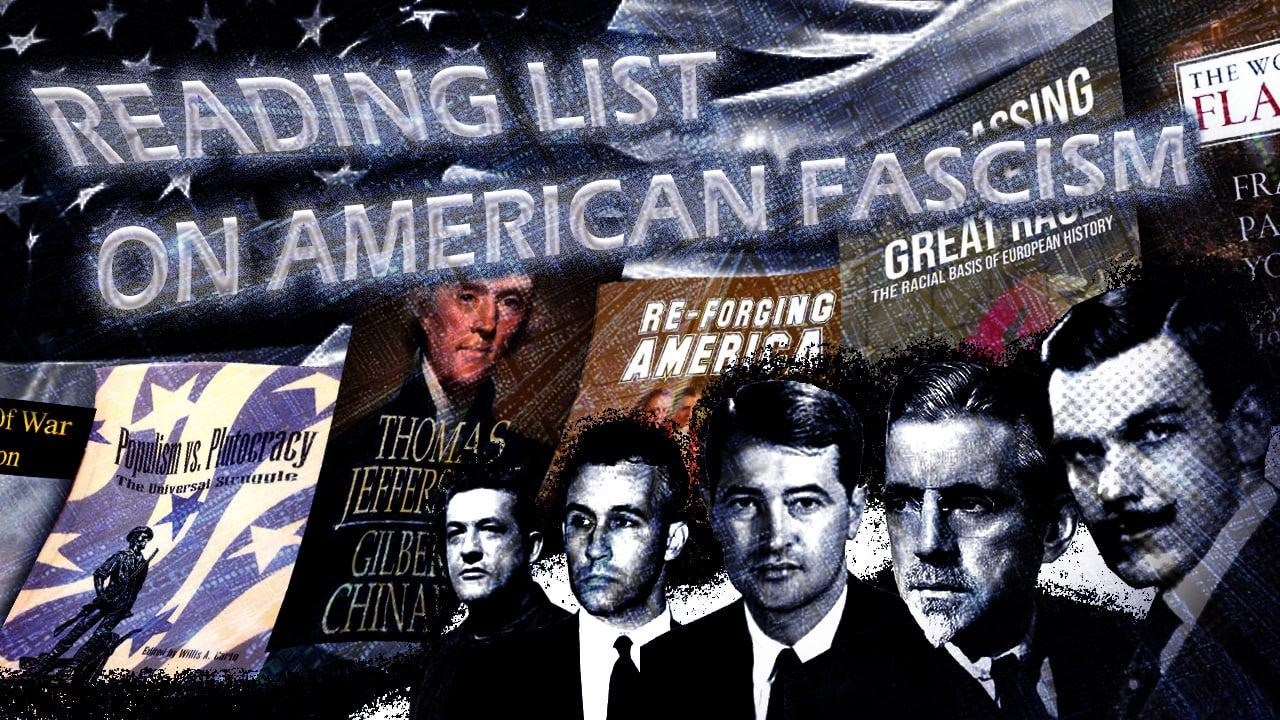
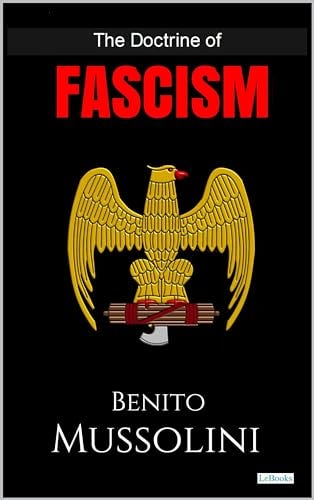

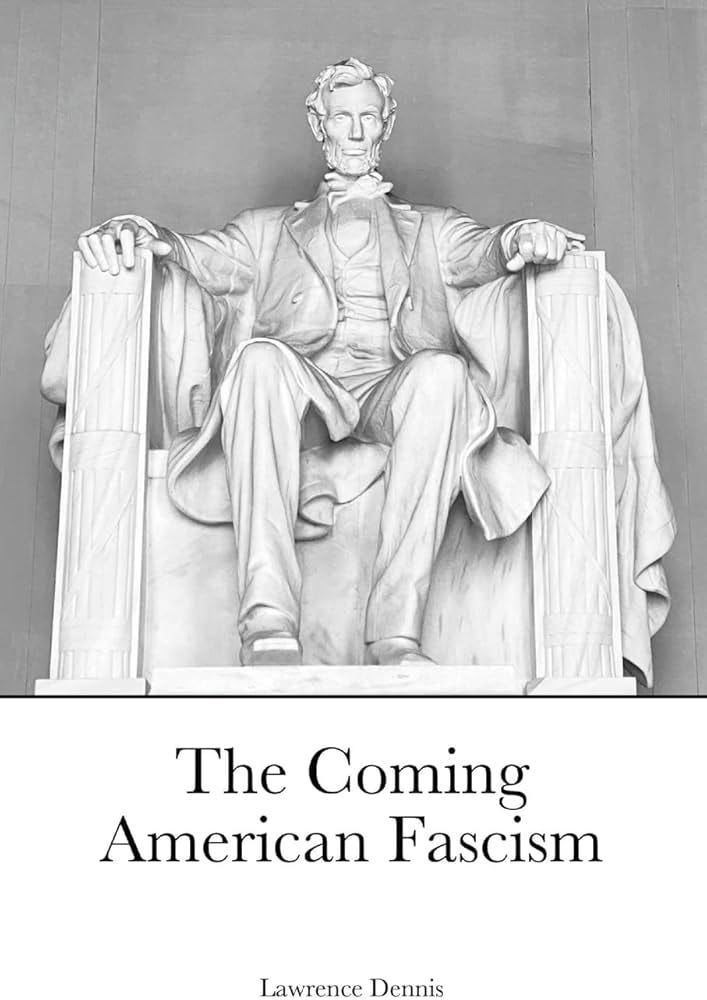
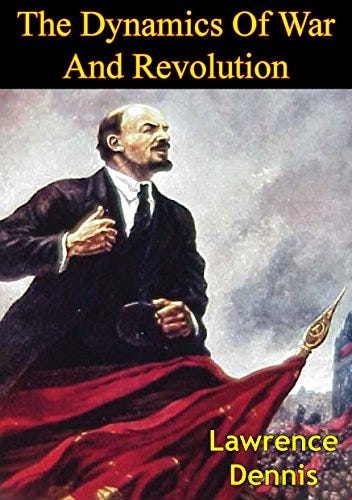


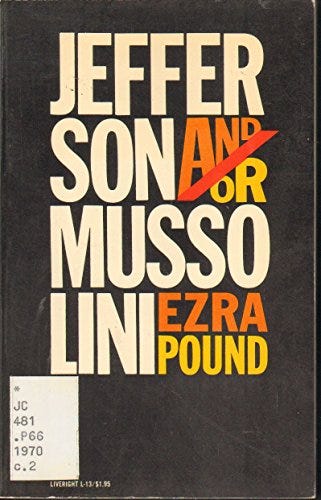
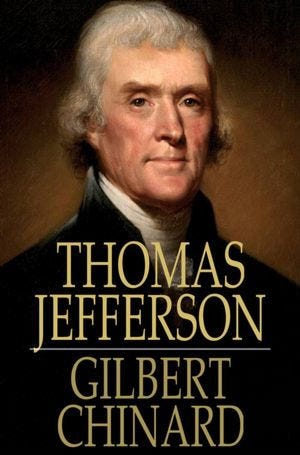



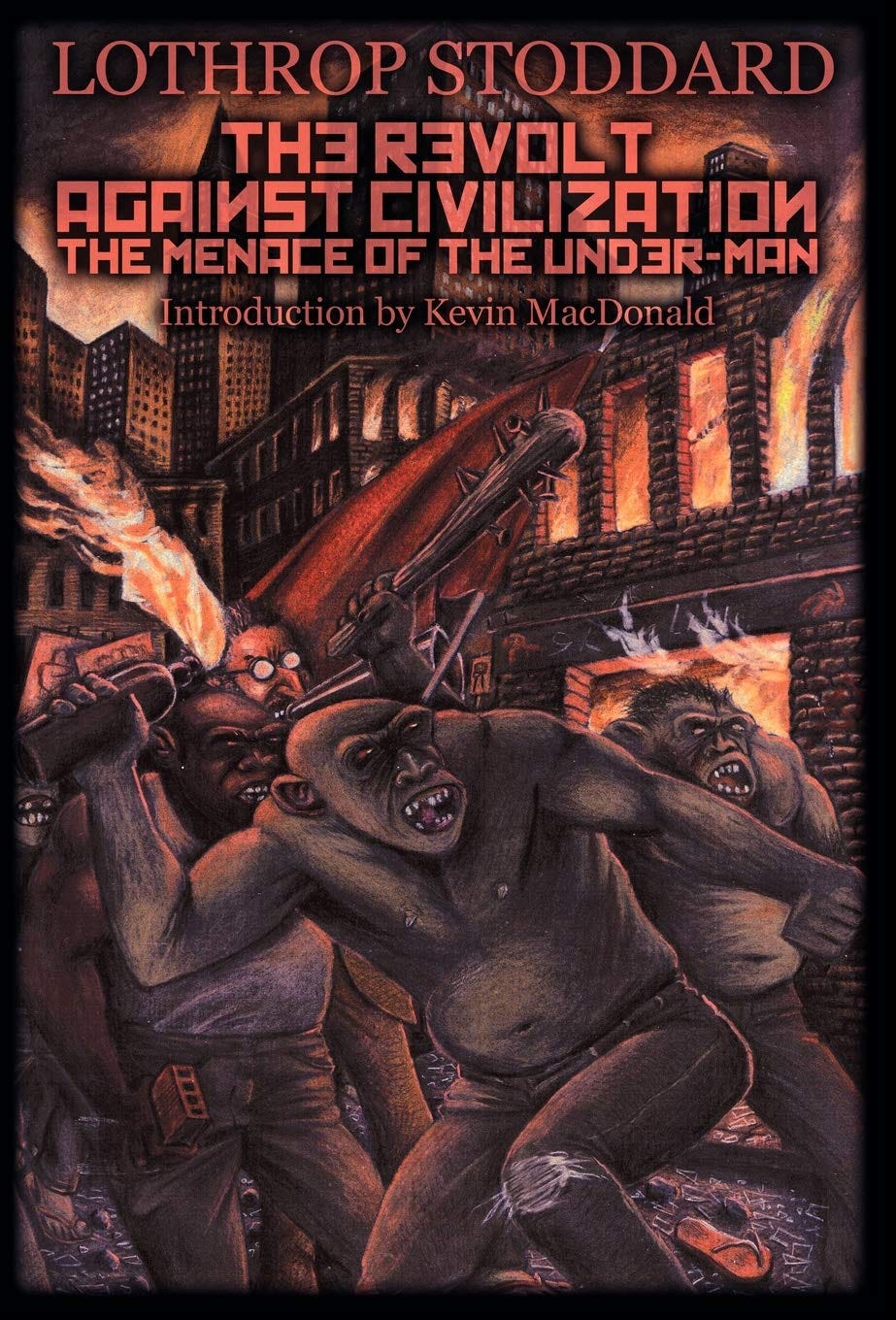
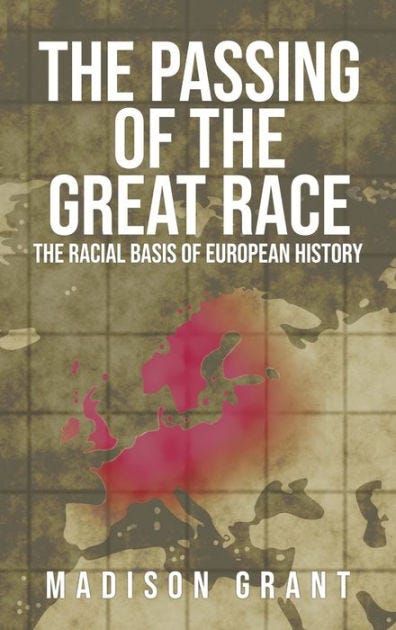
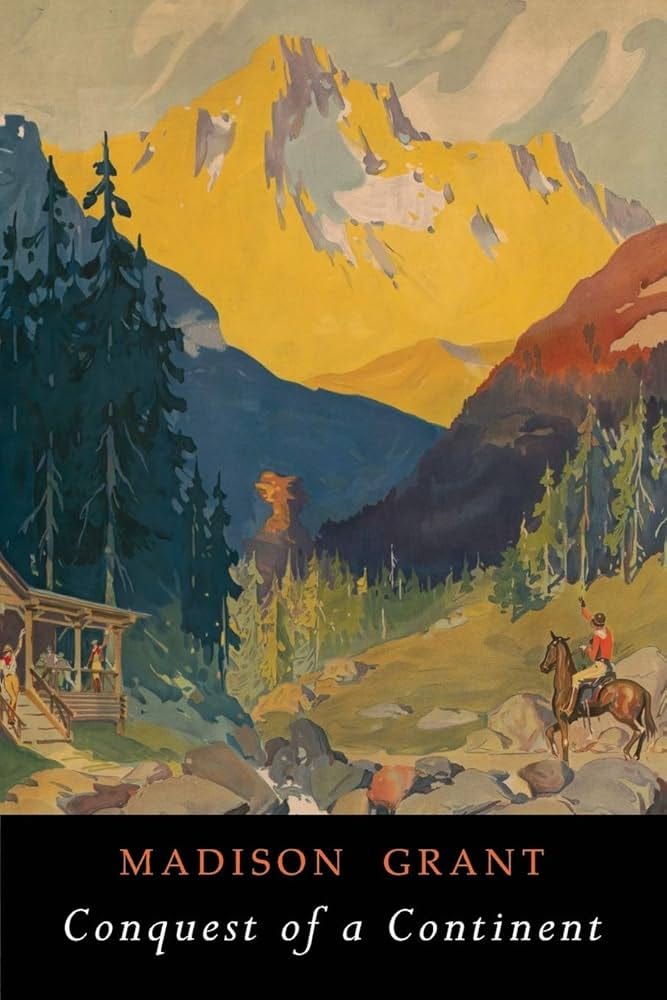



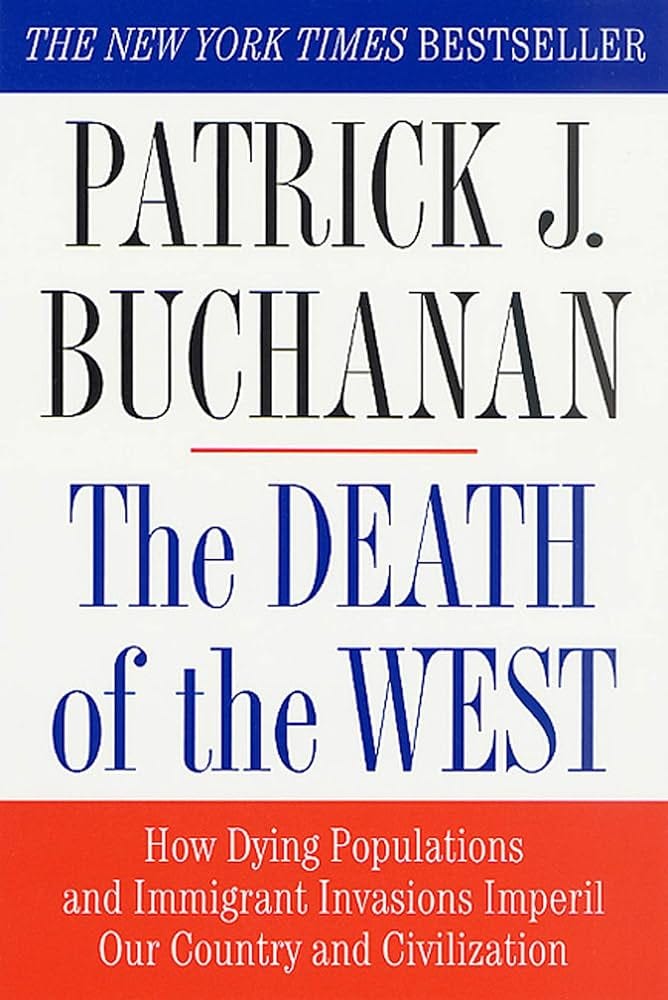
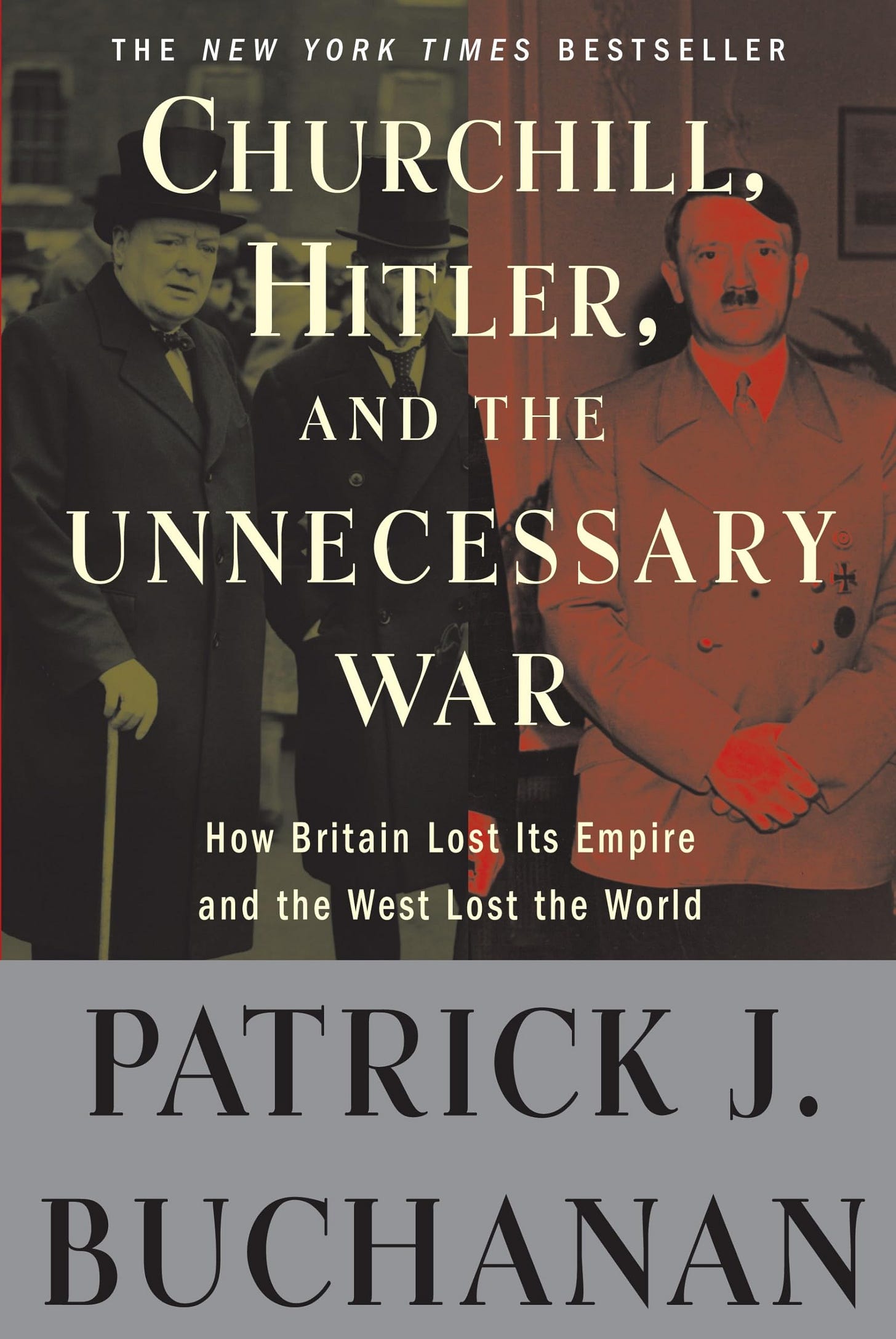
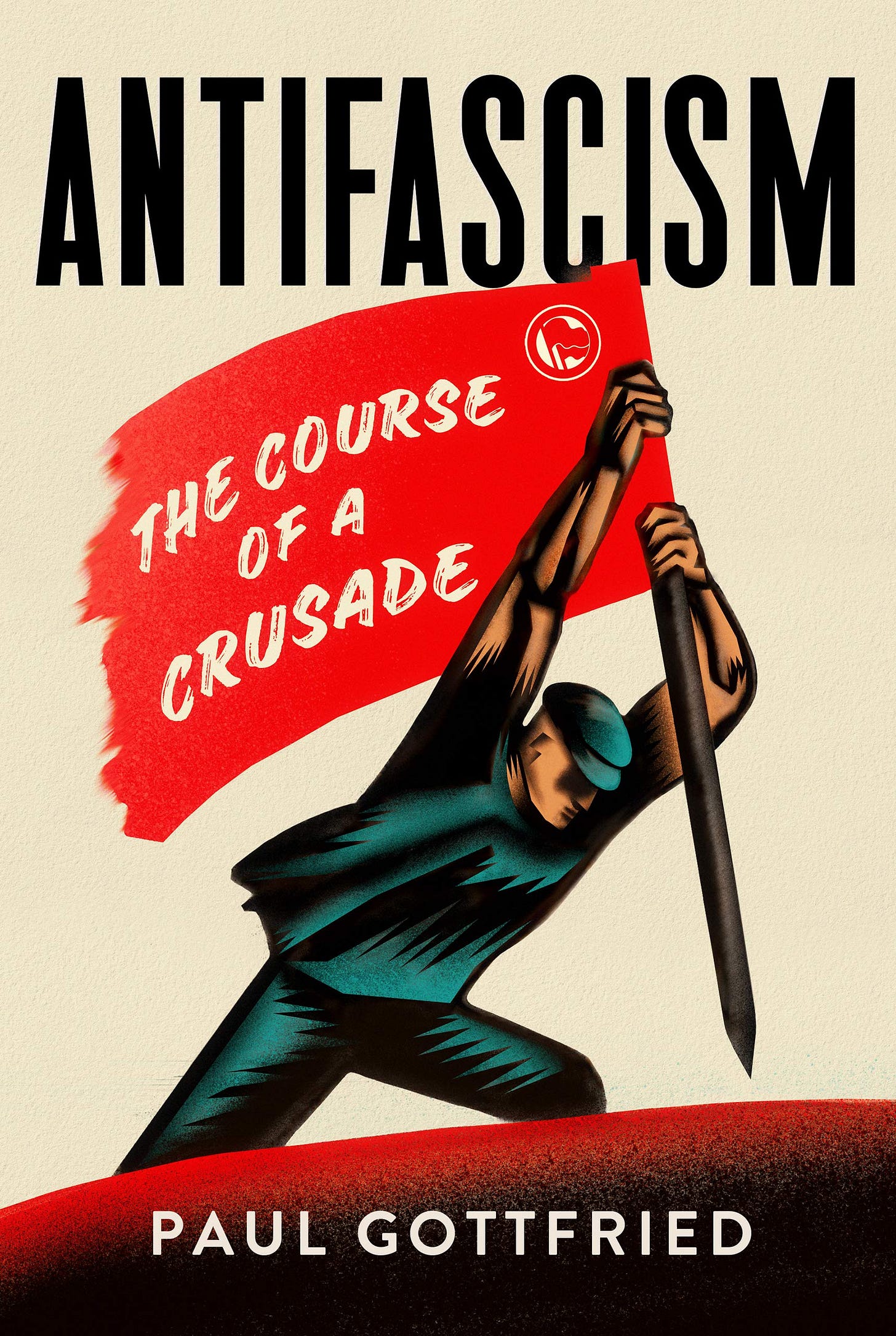
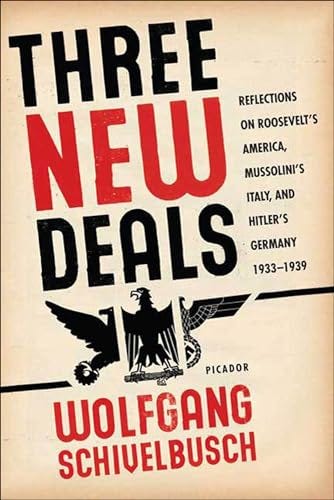
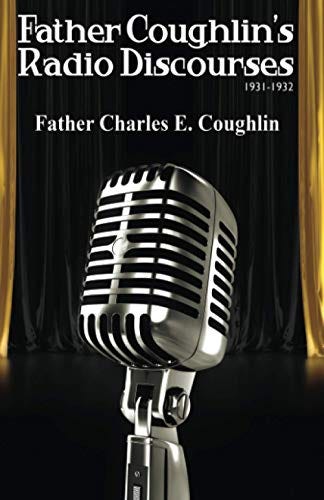
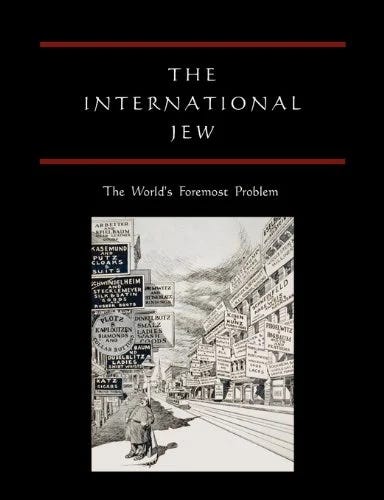
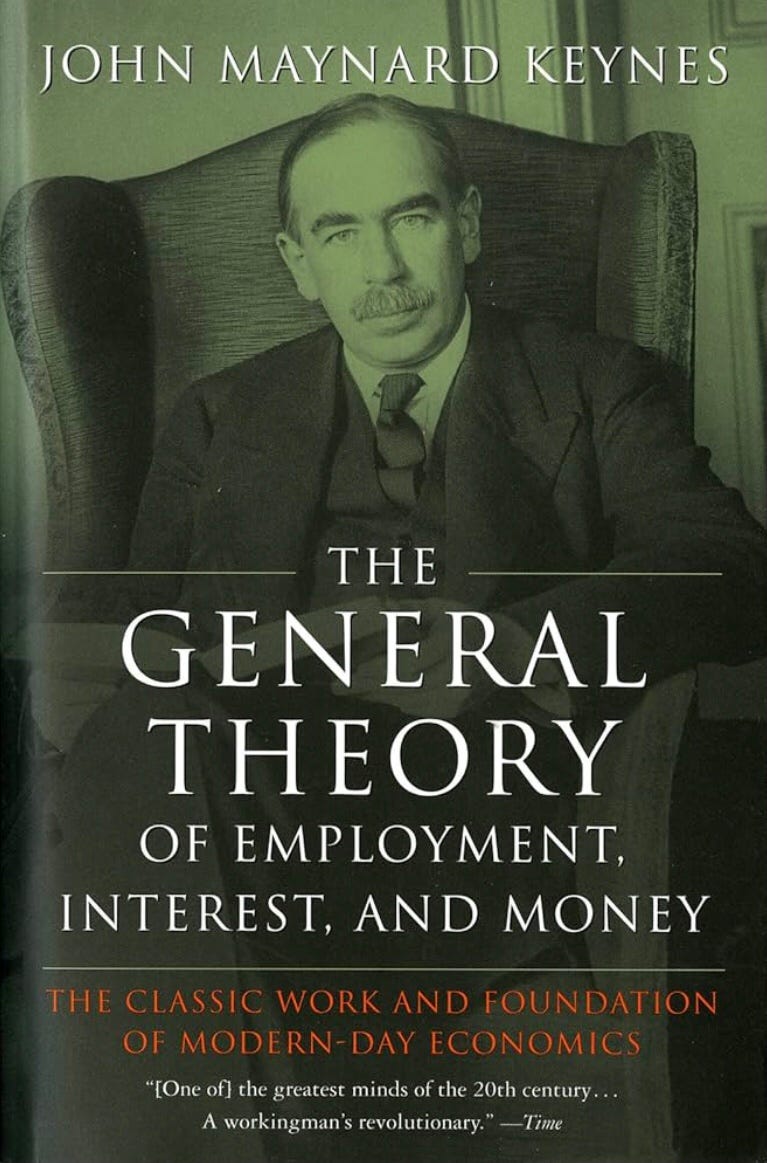
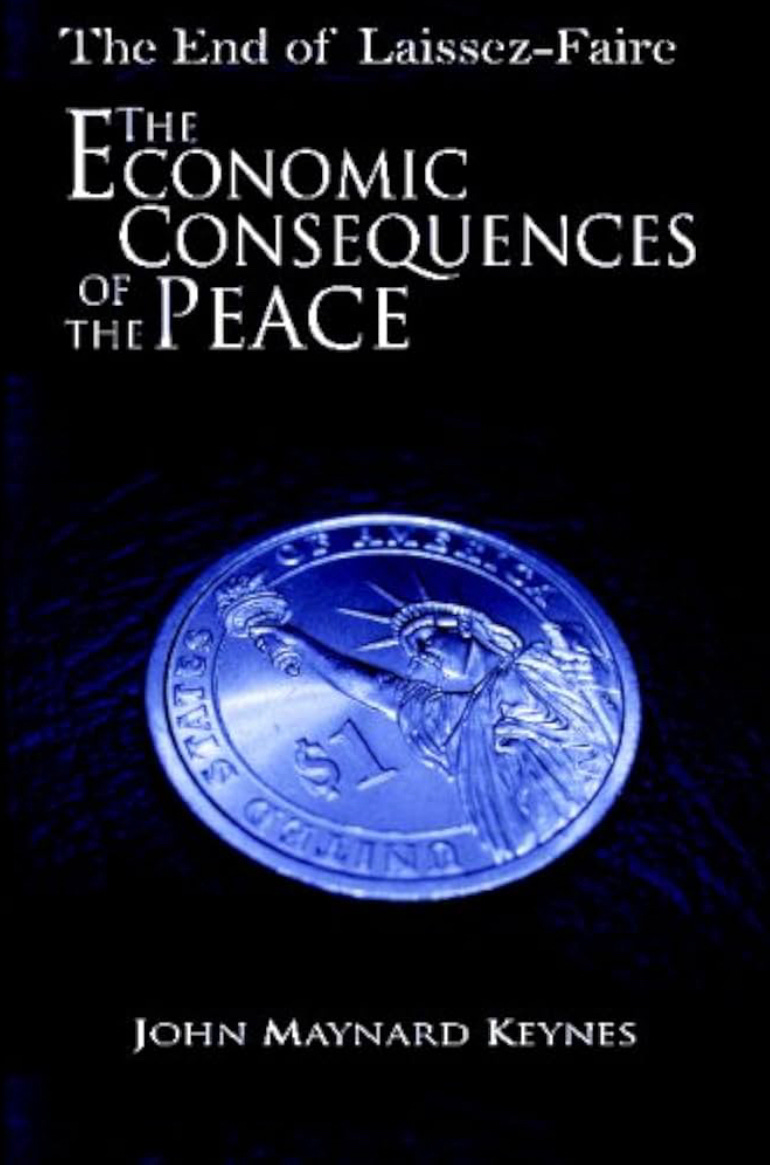



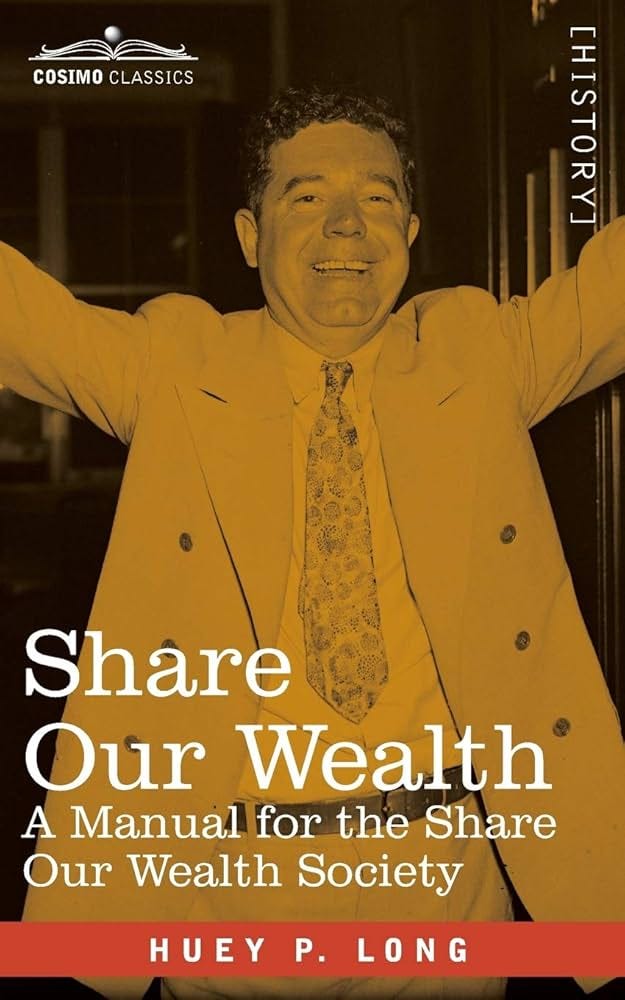
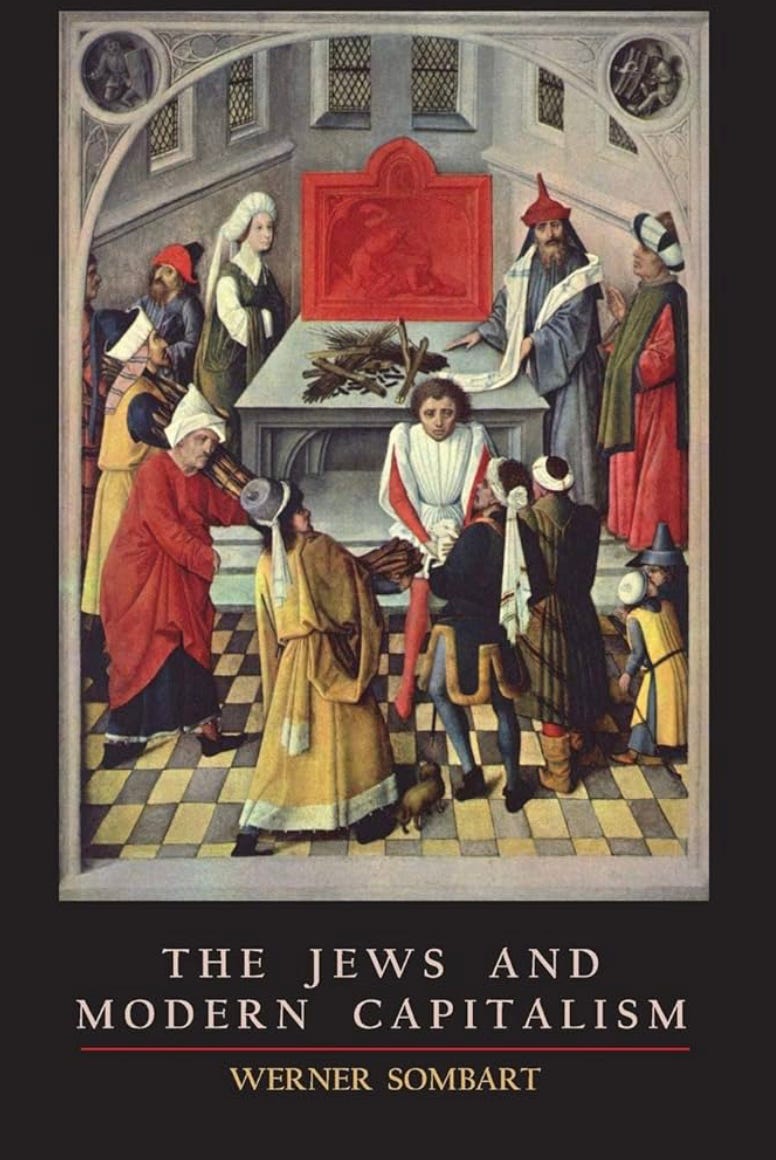

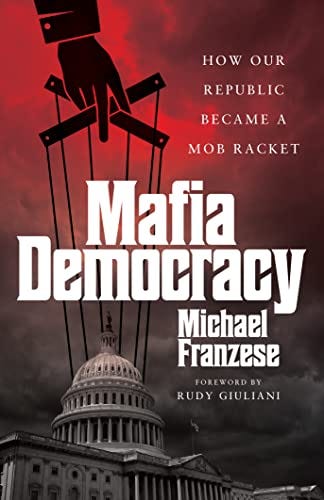
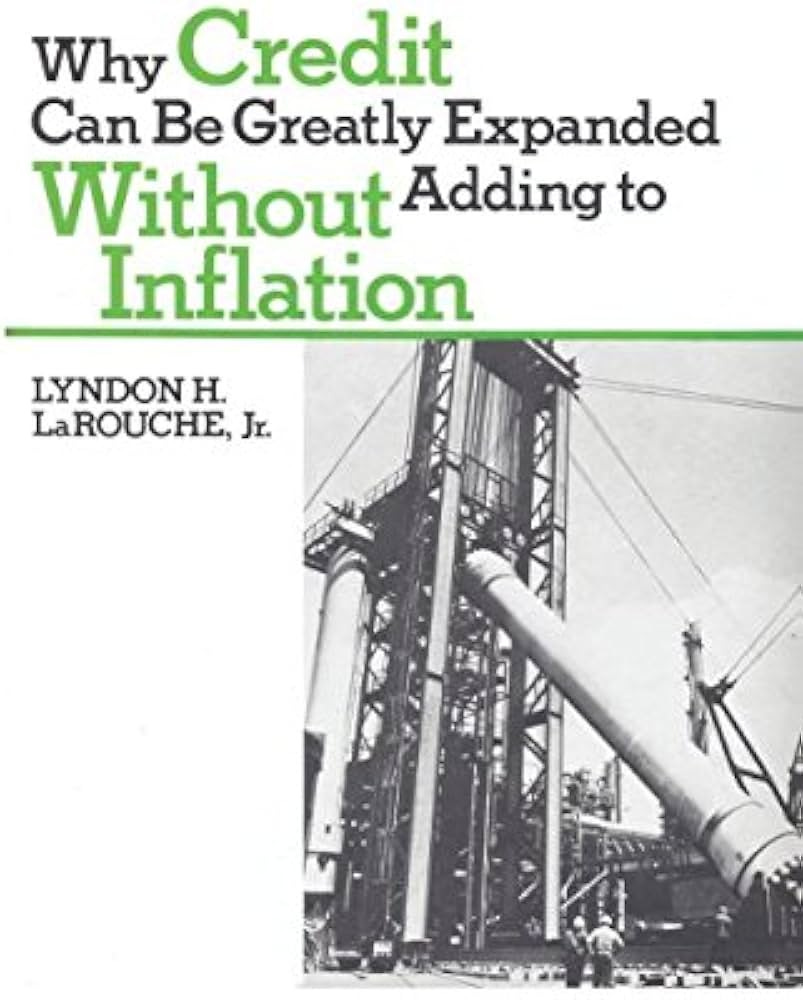

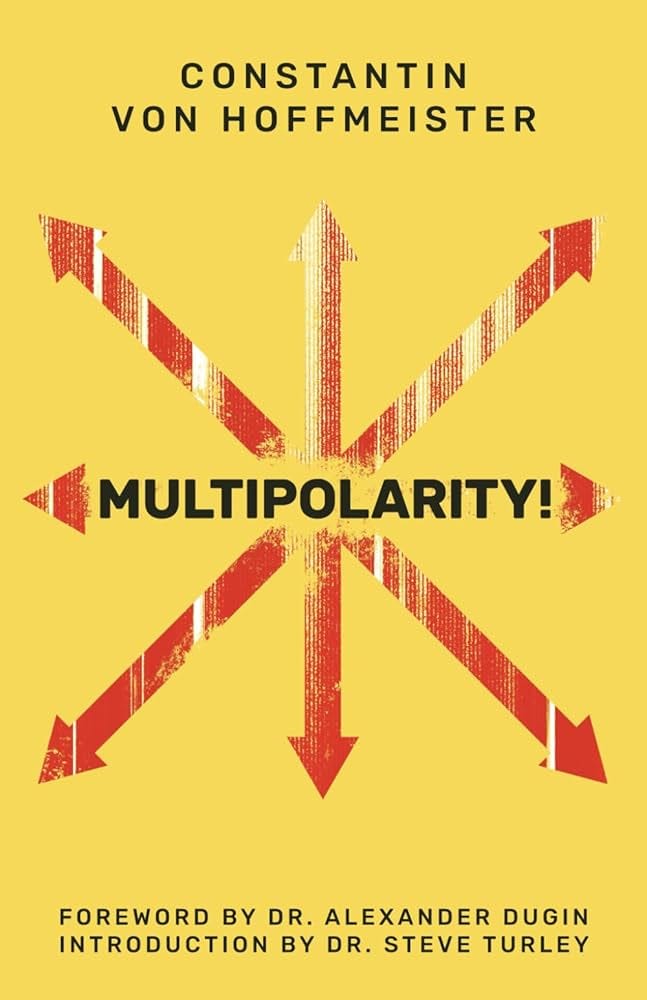
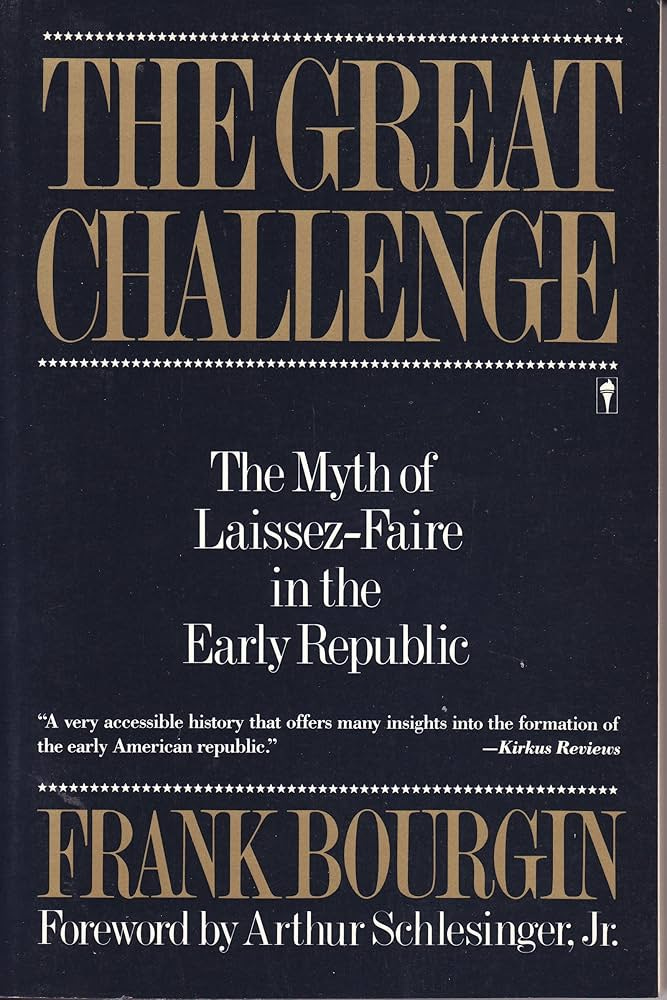

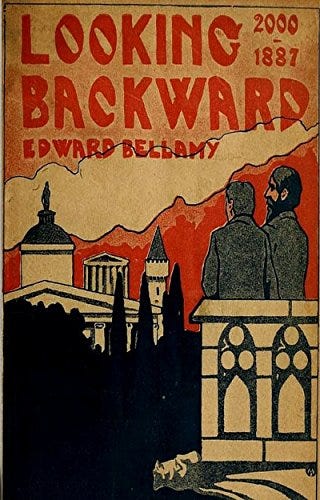



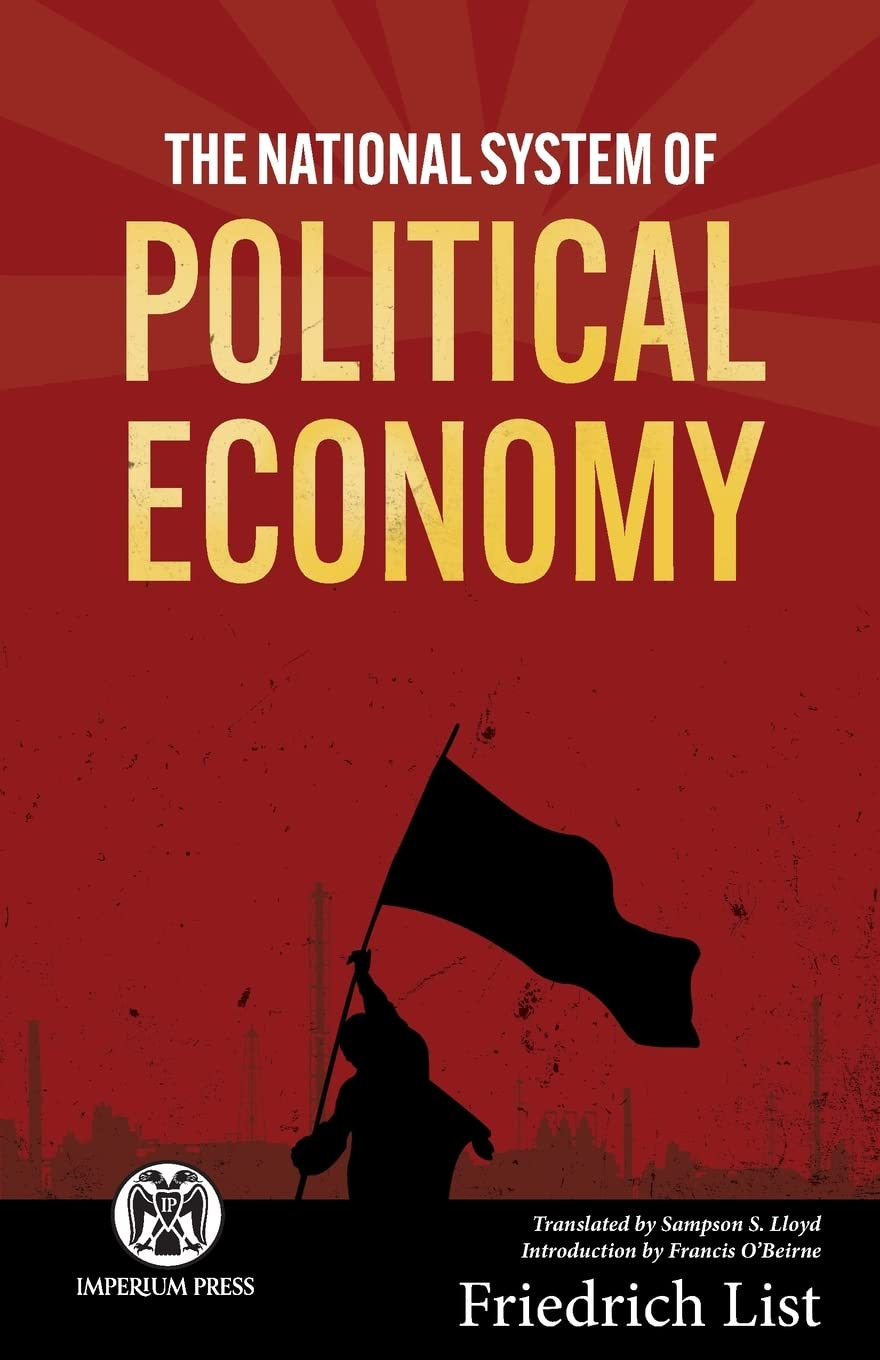



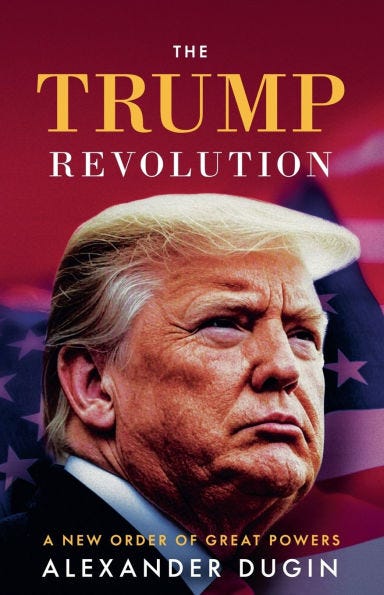
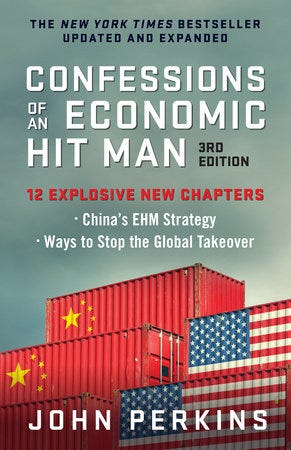
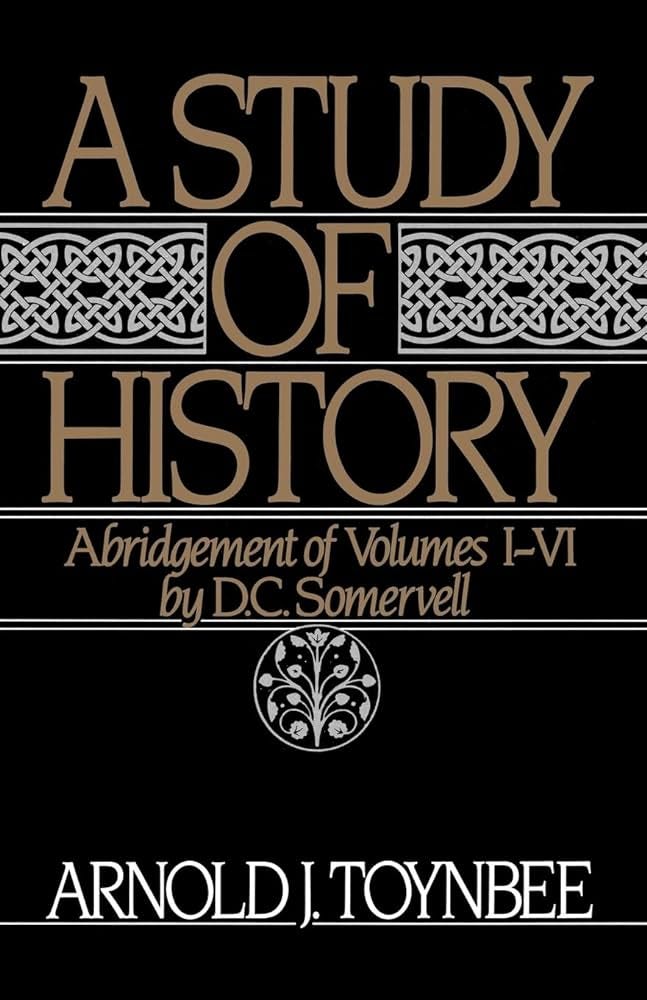




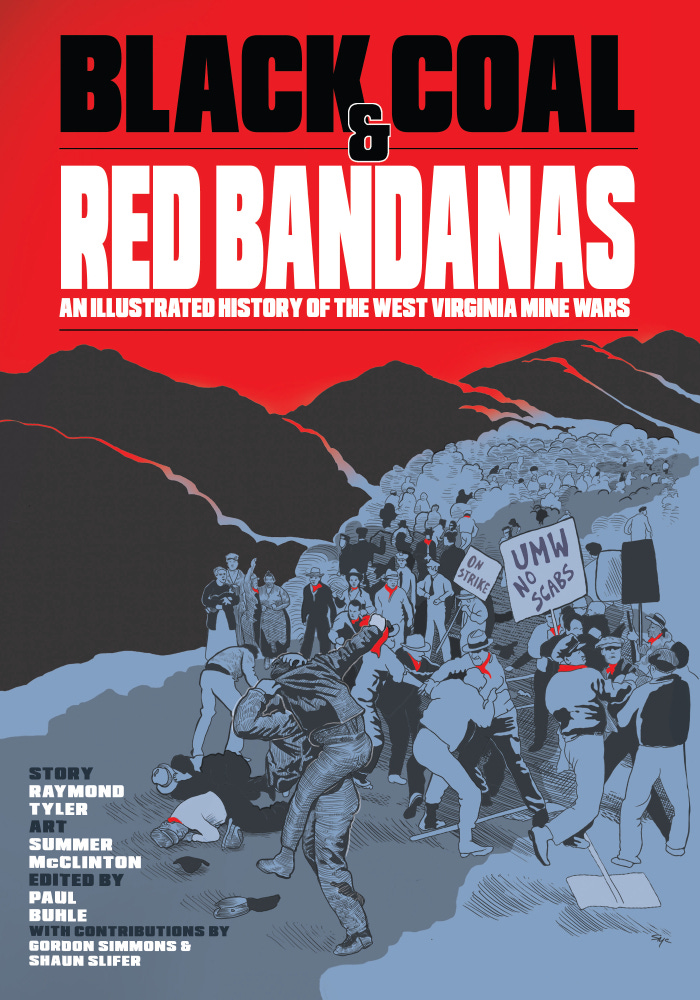
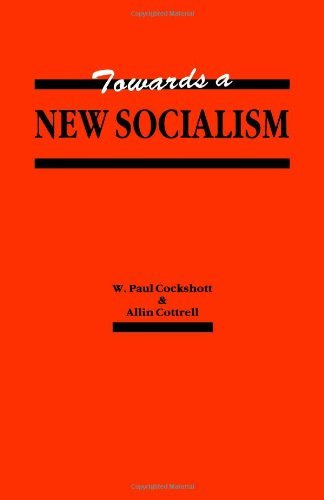
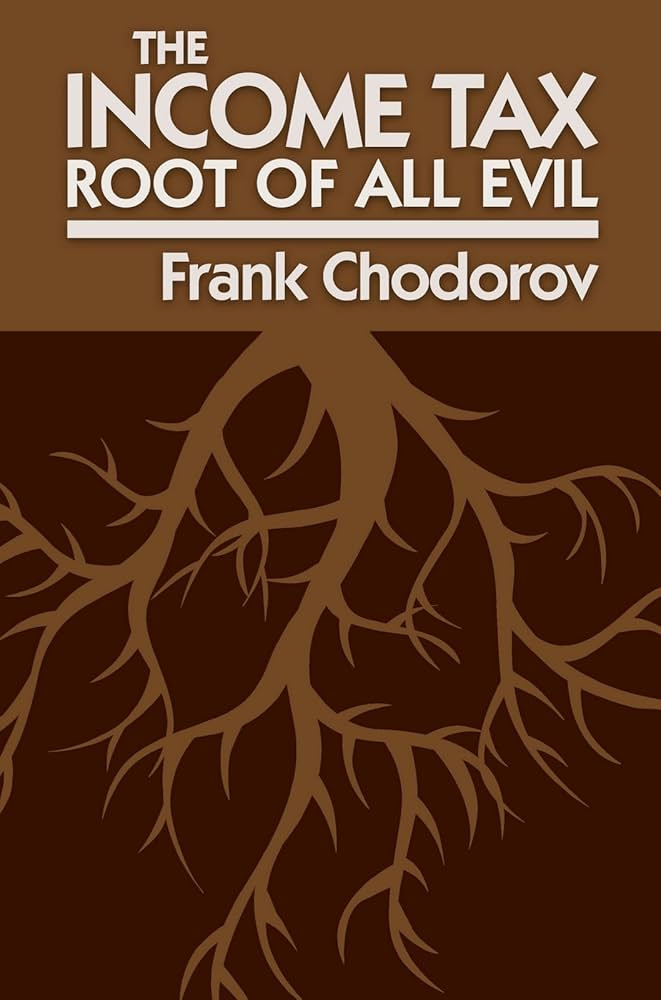
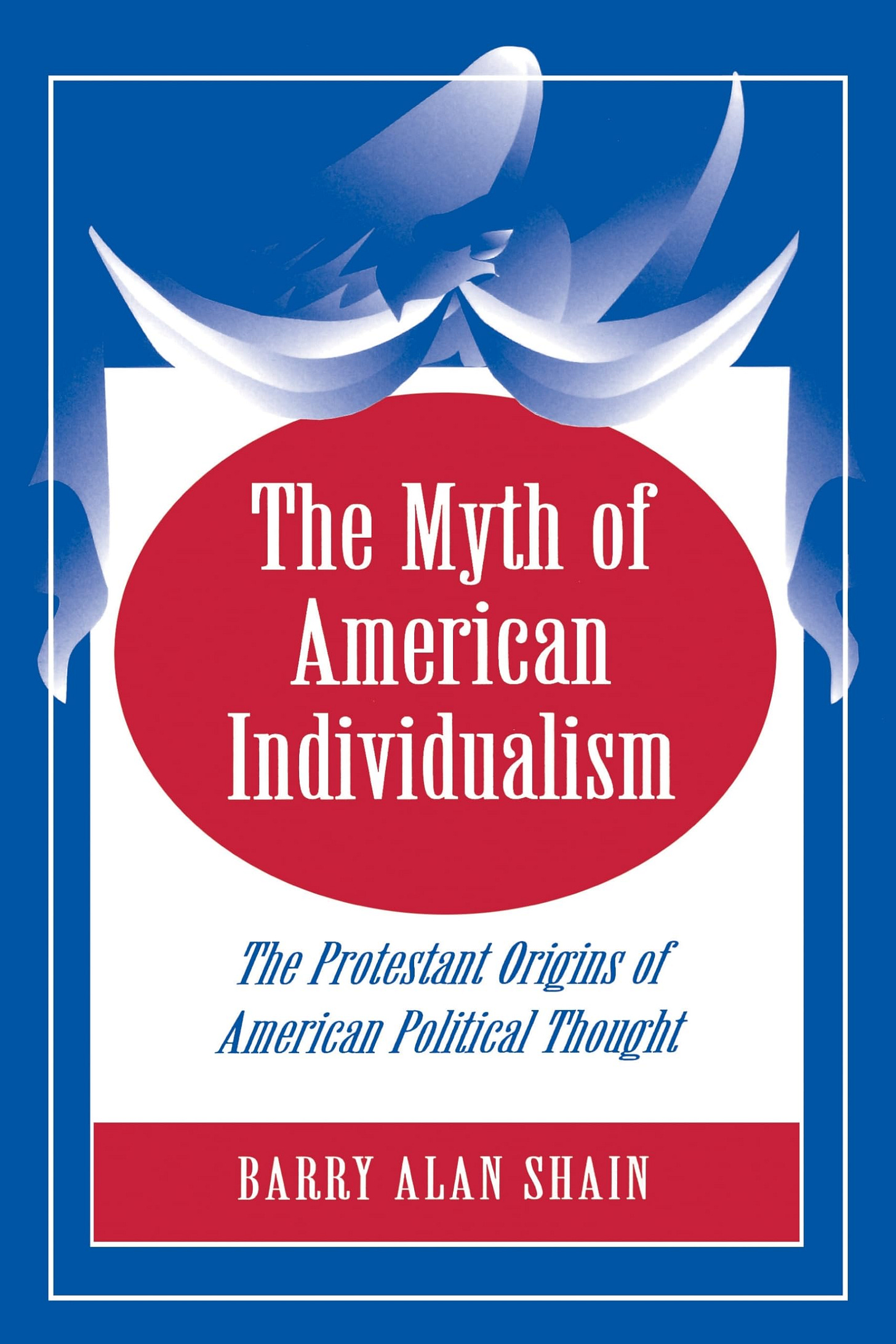
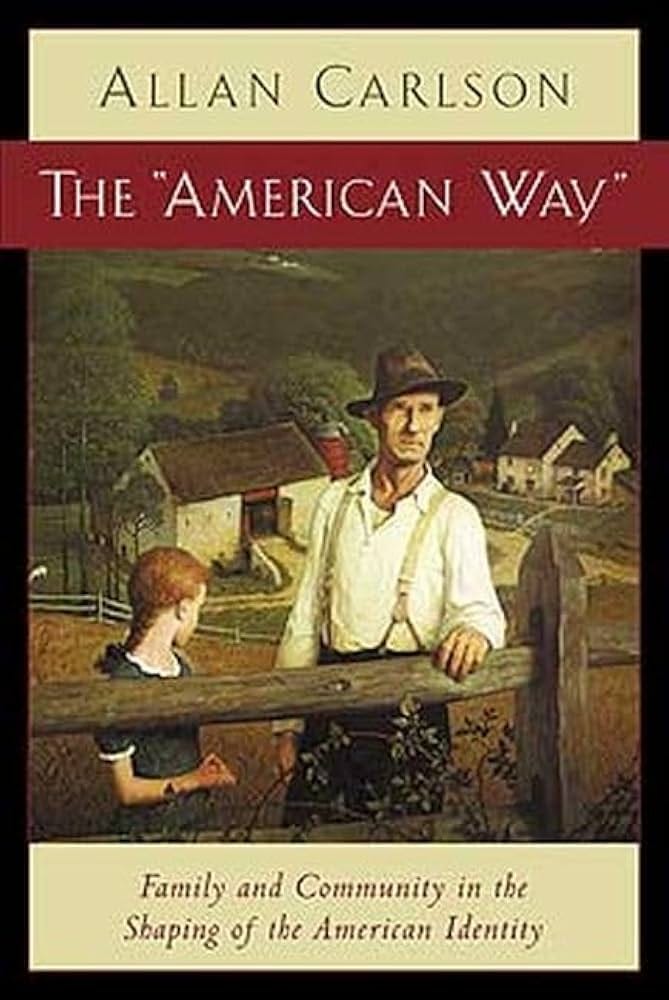
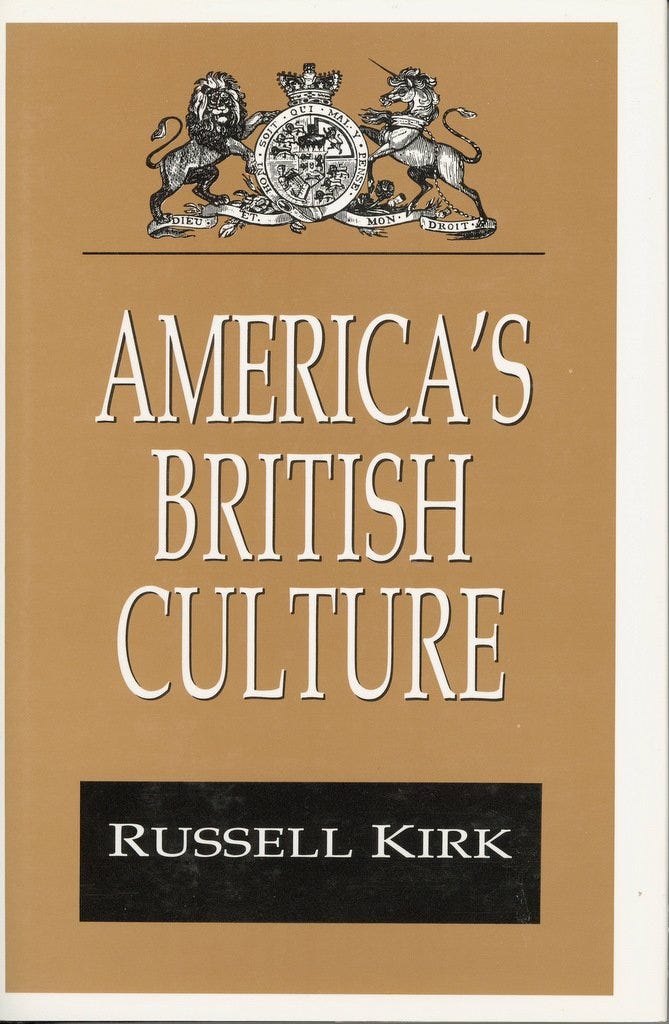
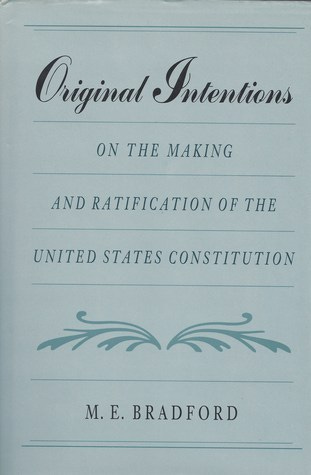
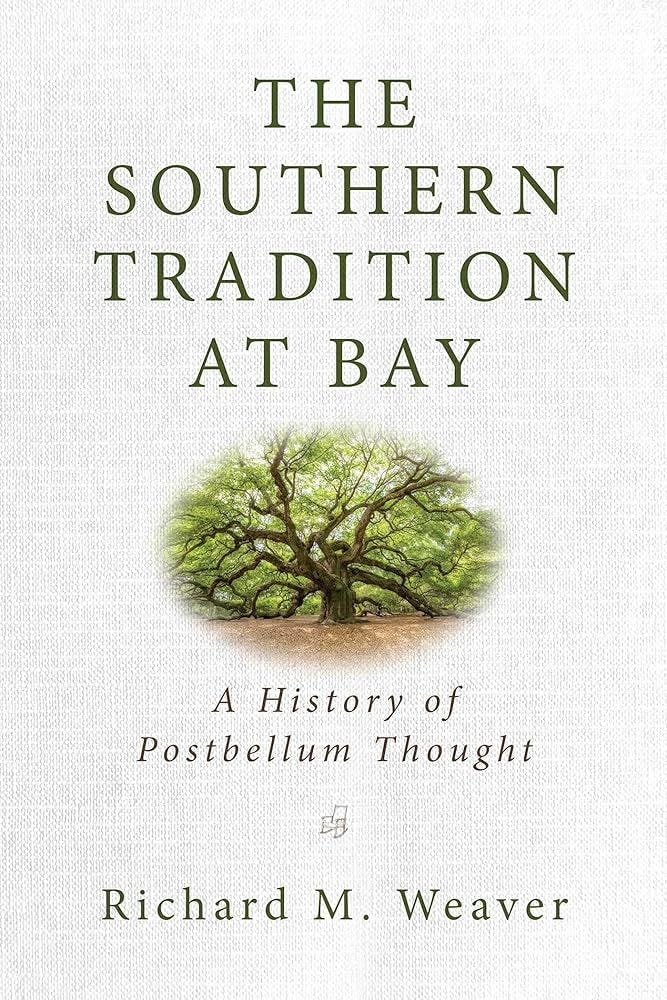

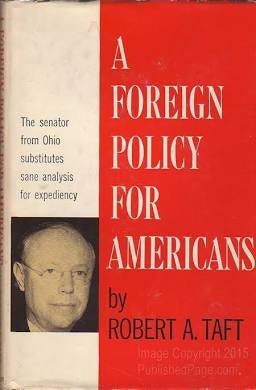



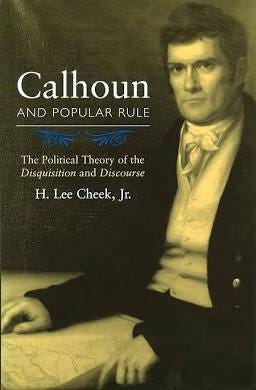
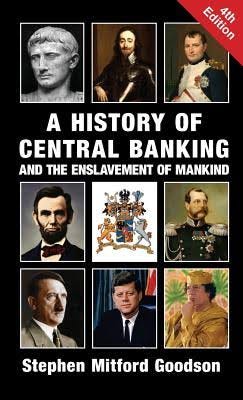




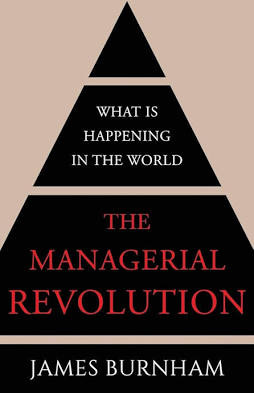
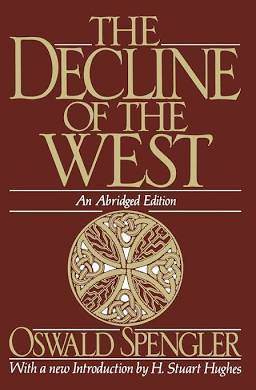

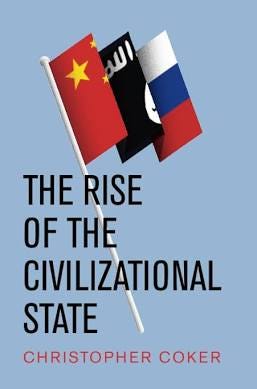
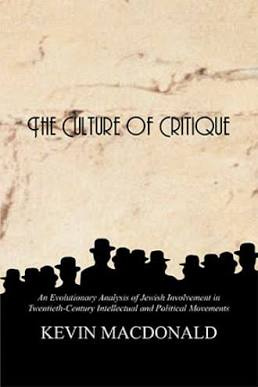

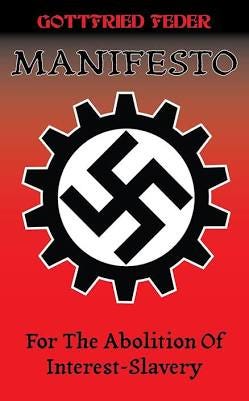

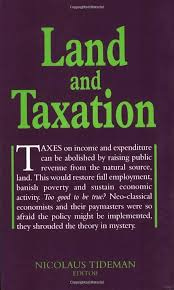
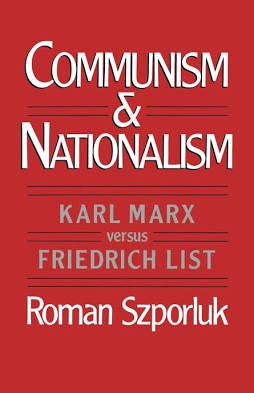
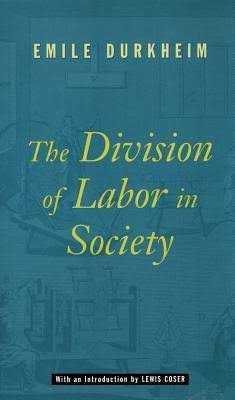

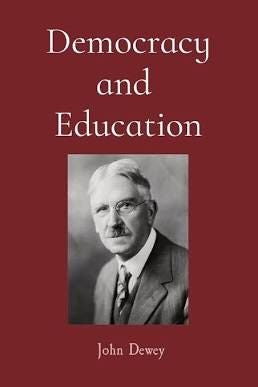

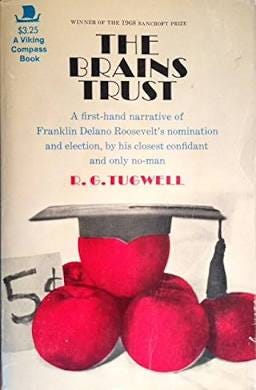
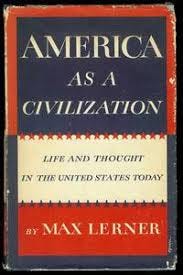
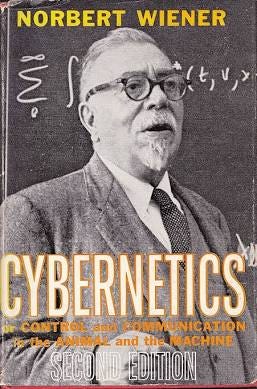

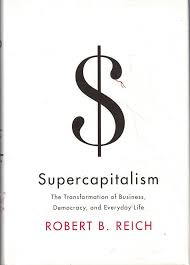
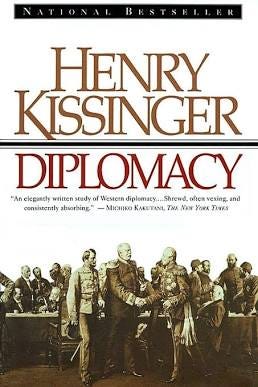

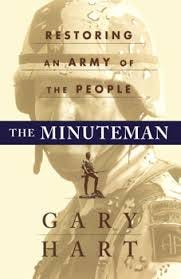

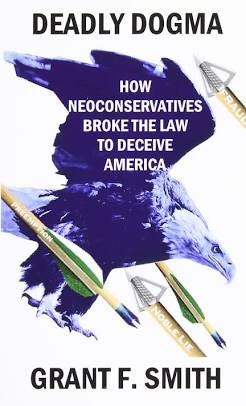



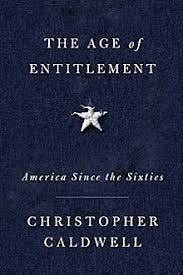
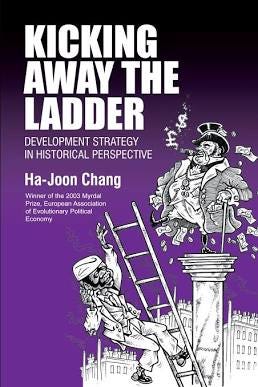
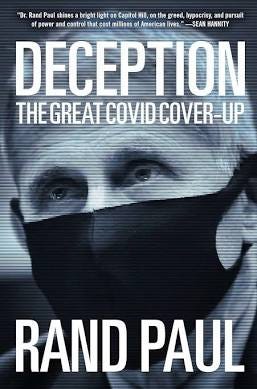
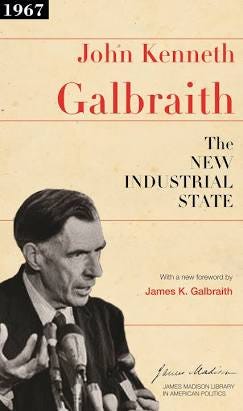

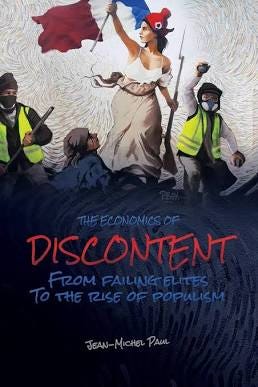
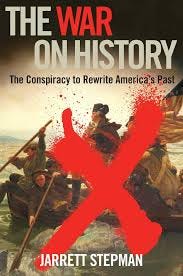



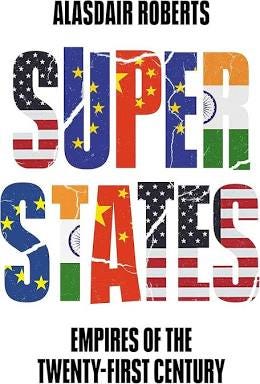

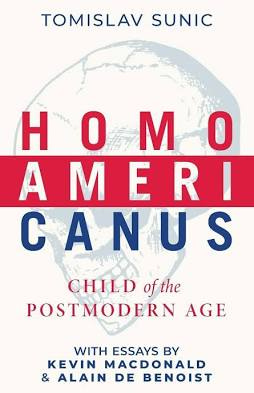

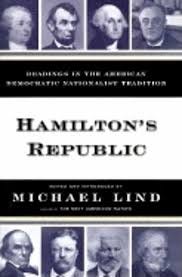
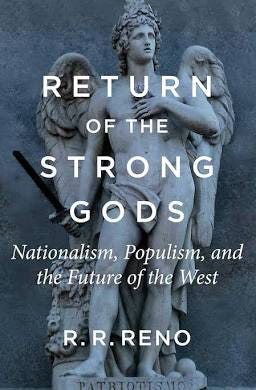

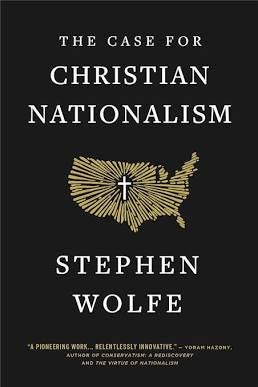


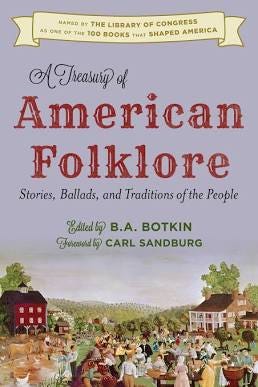
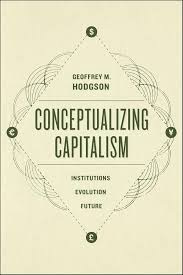

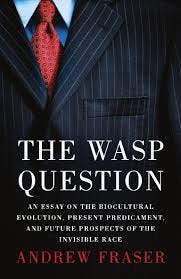
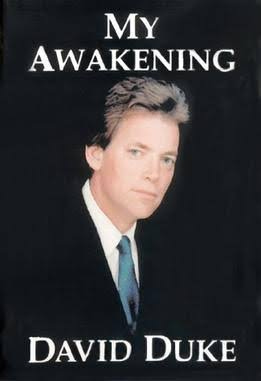
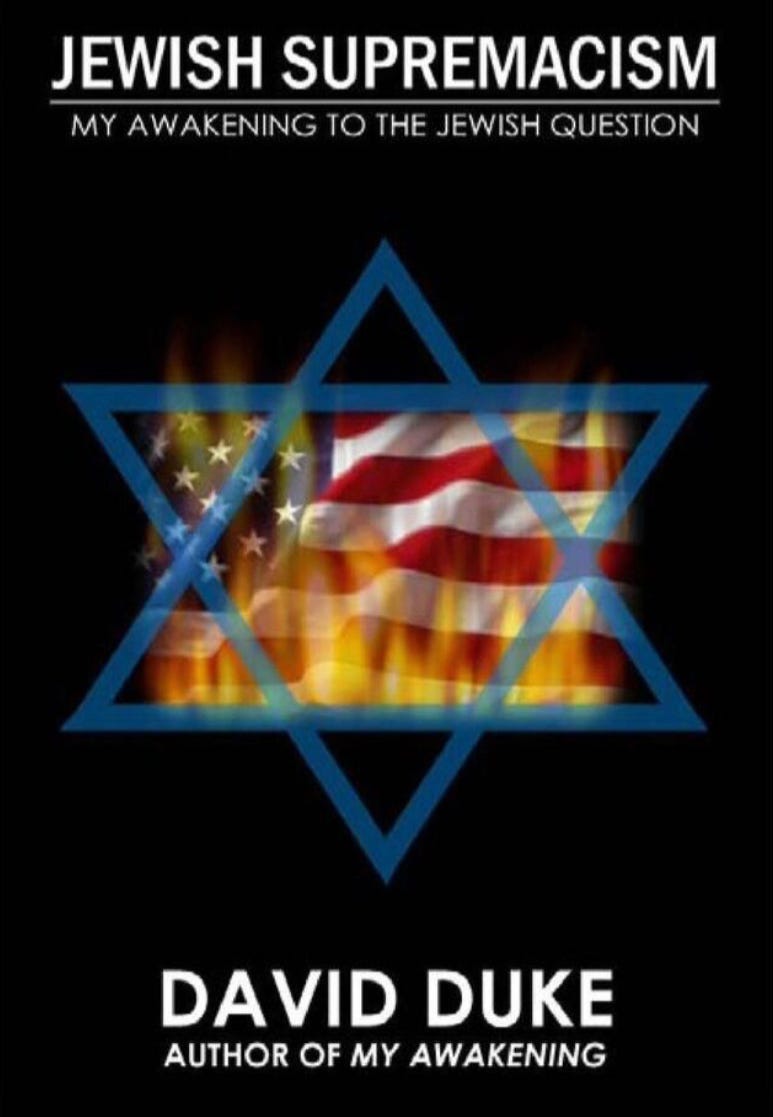

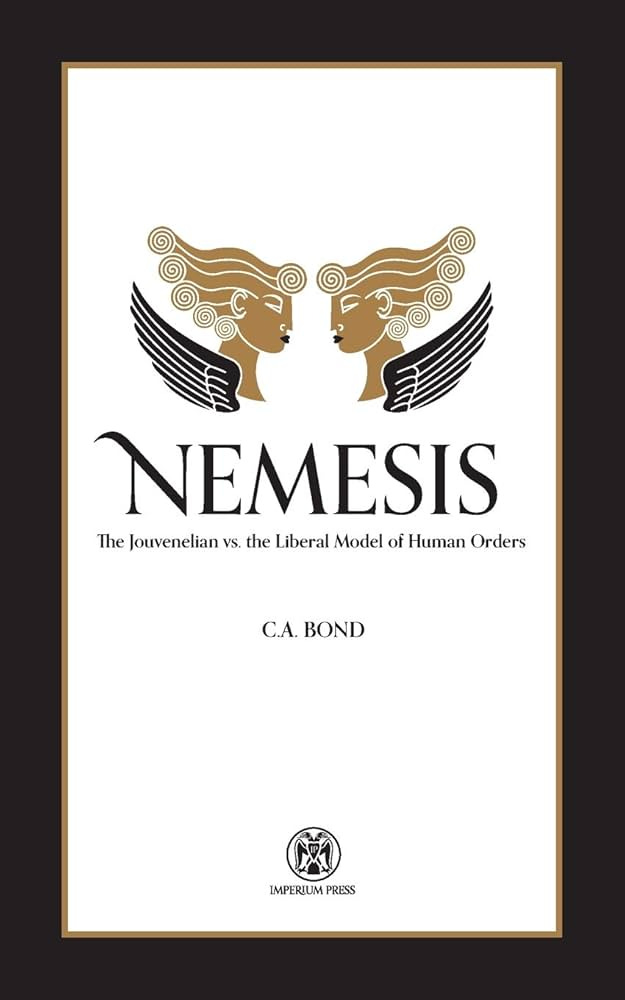
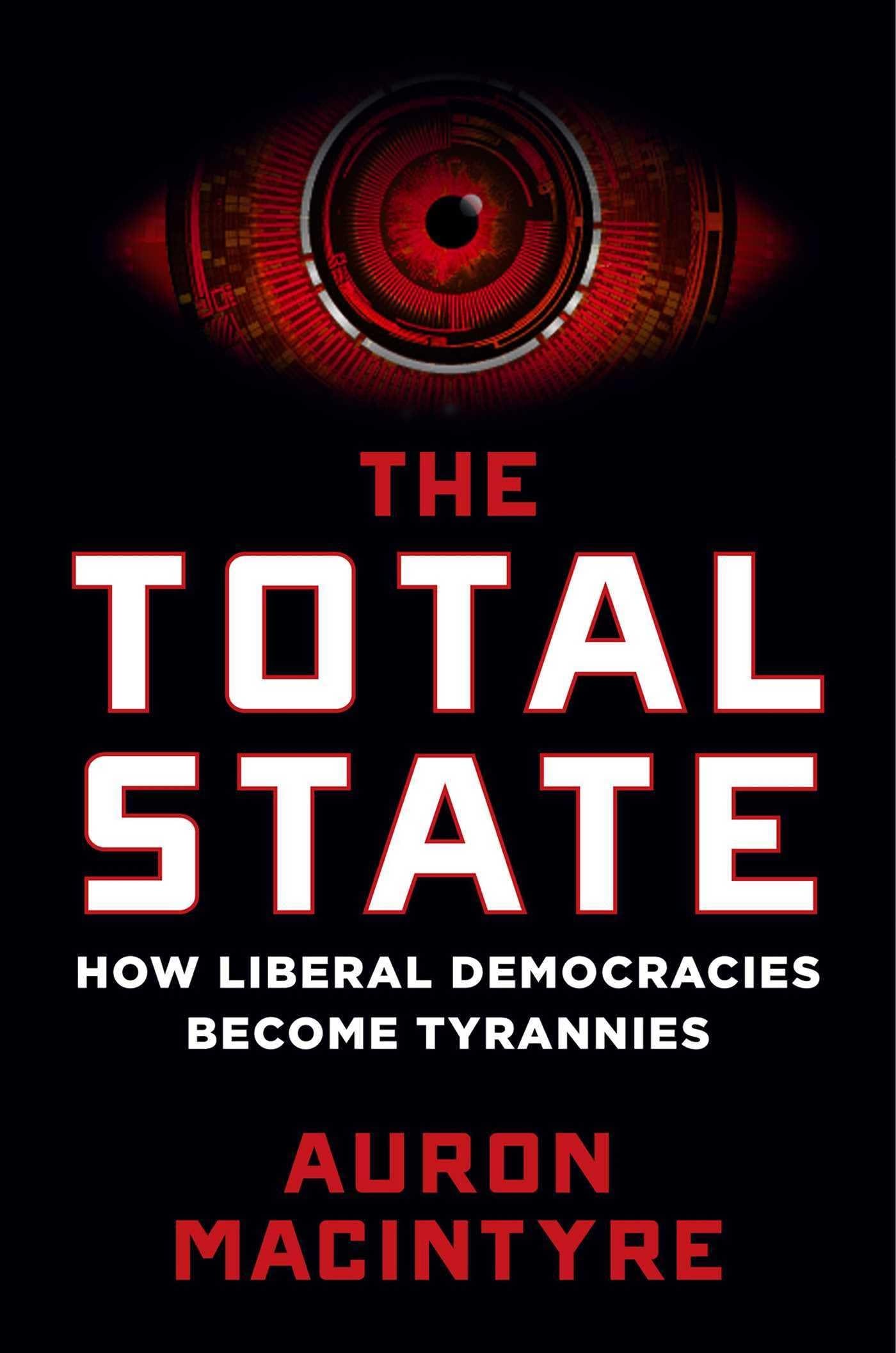

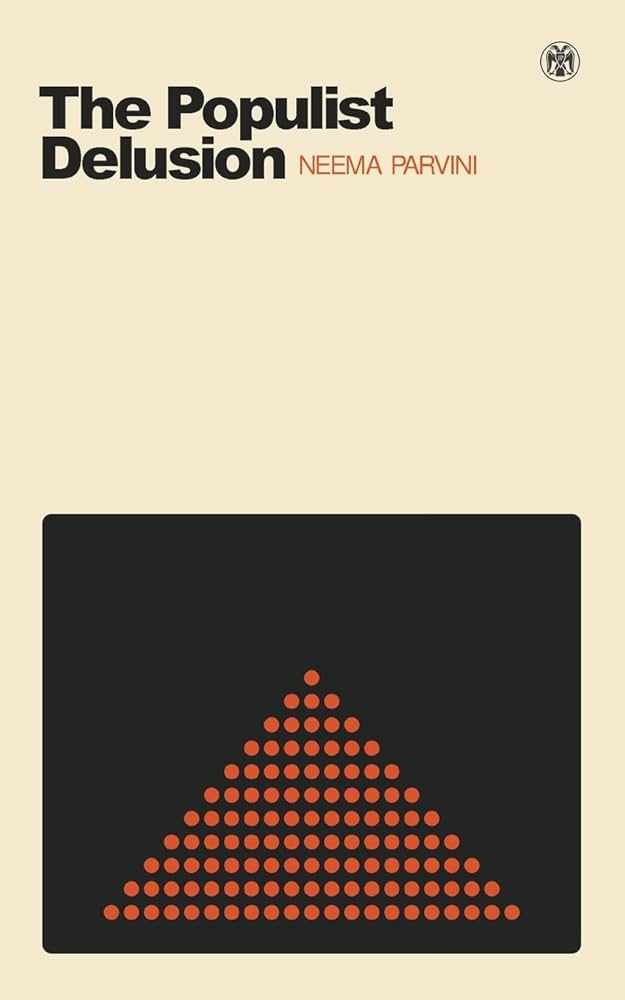




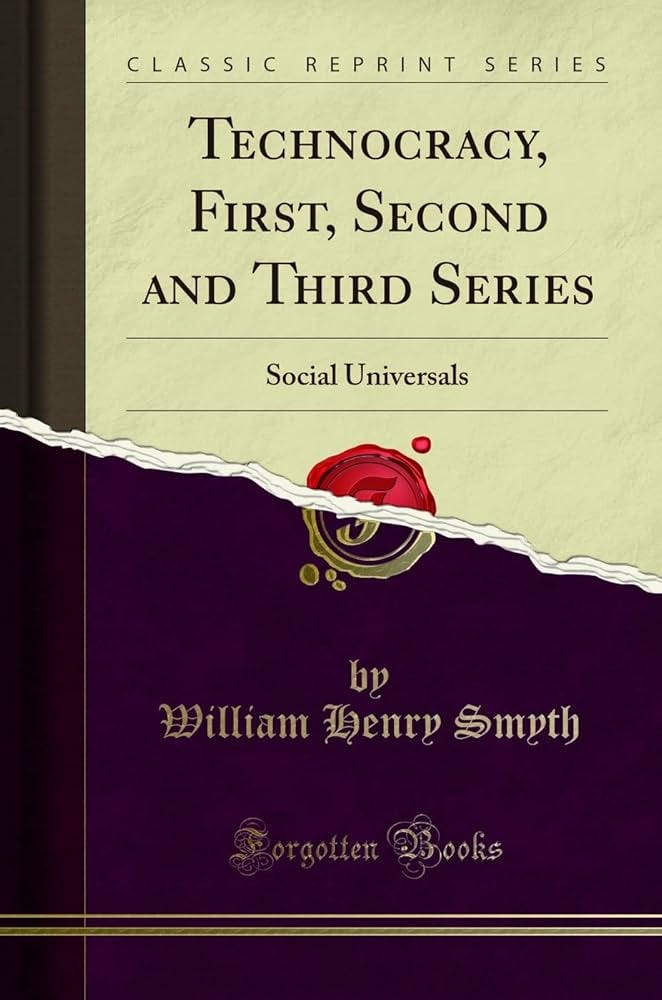
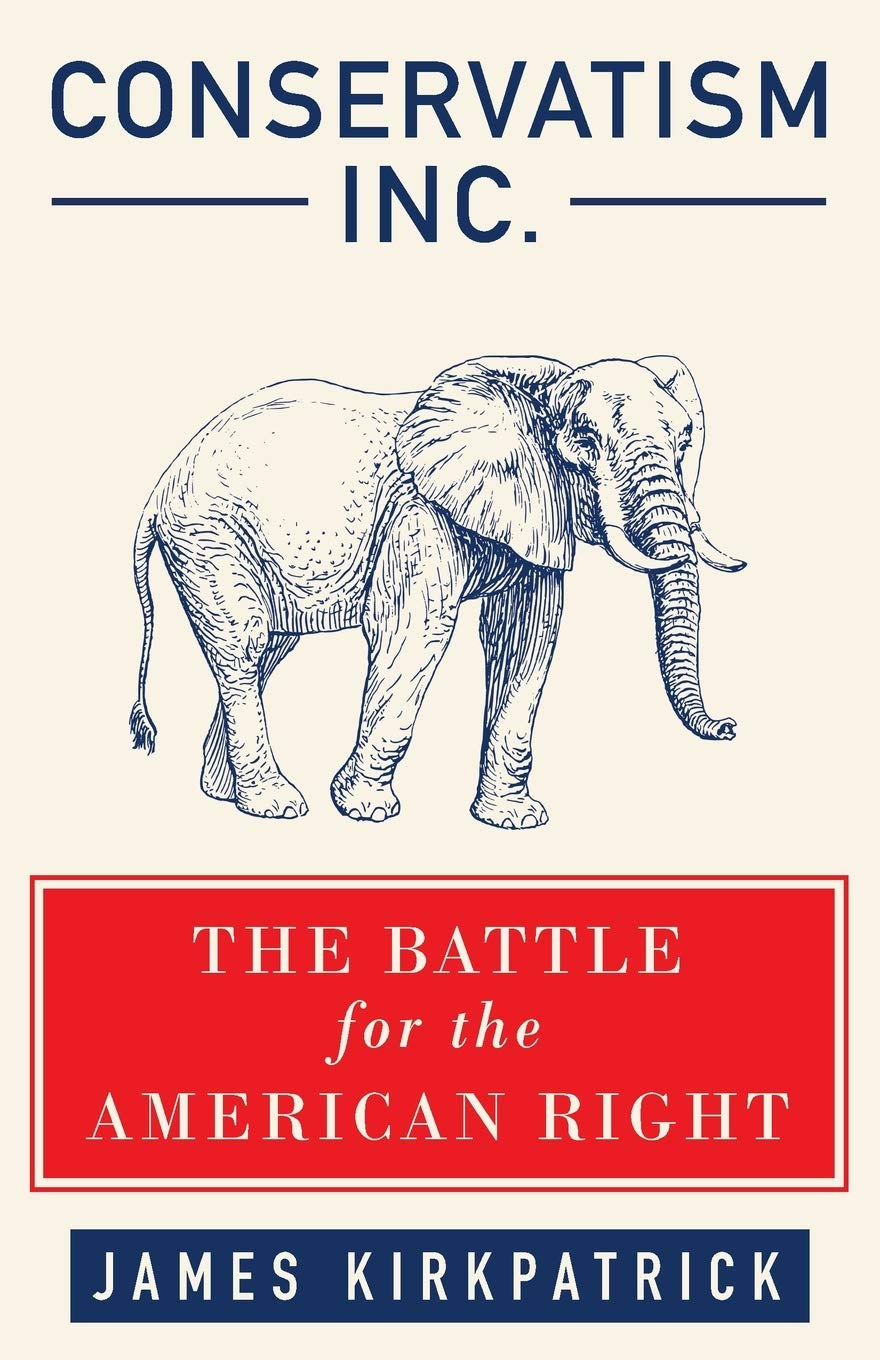
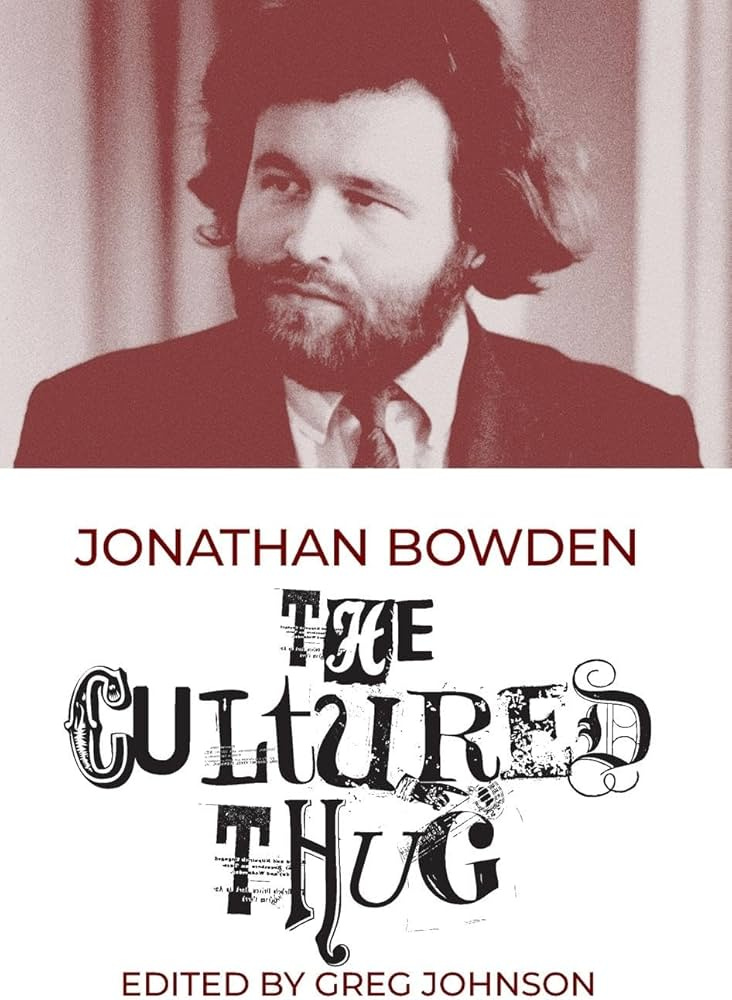
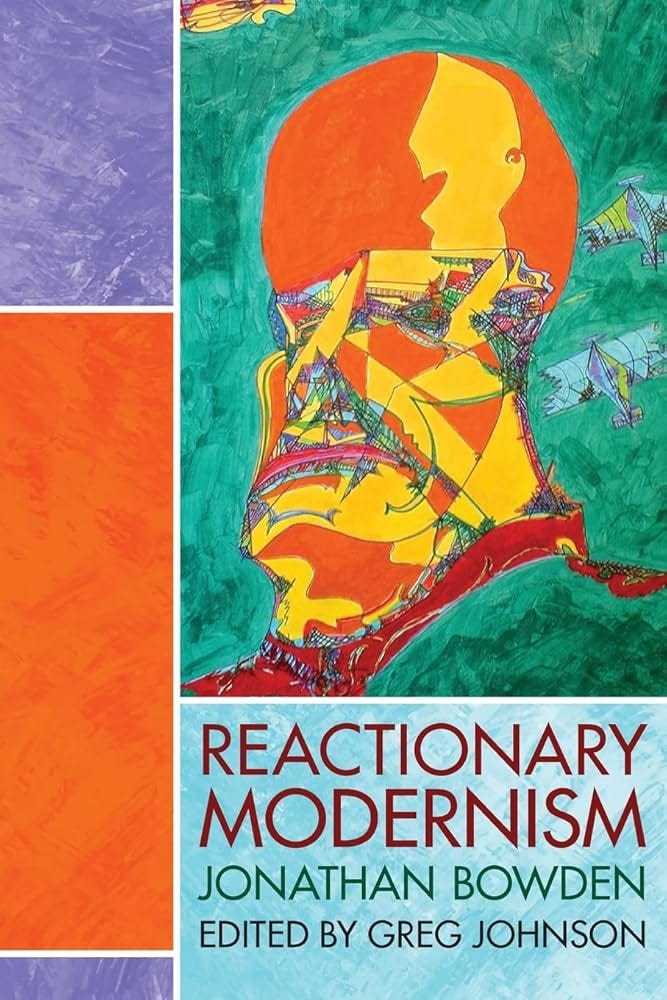



Great list. Pleased to see Mark Fischer included. His anti-capitalist writing is unfortunately rather neglected by people adjacent to and contributory to our struggle.